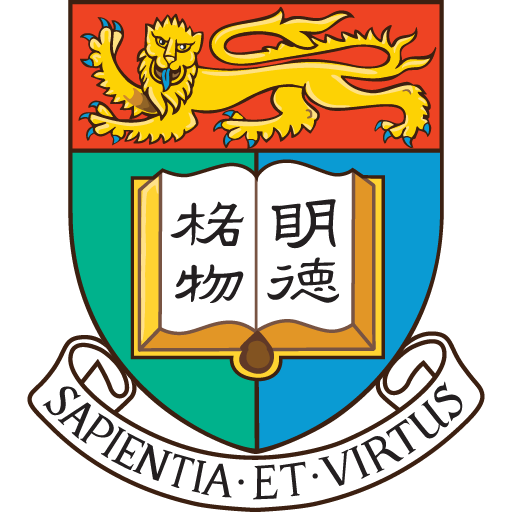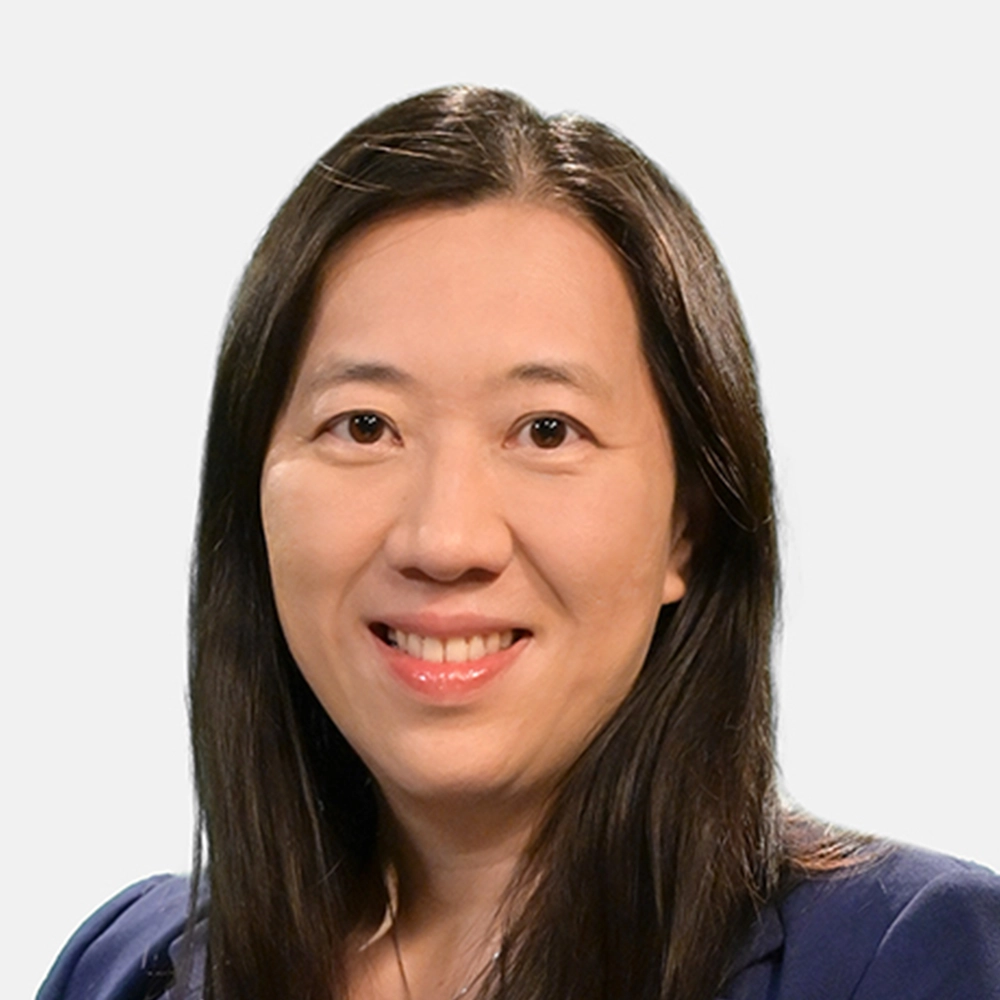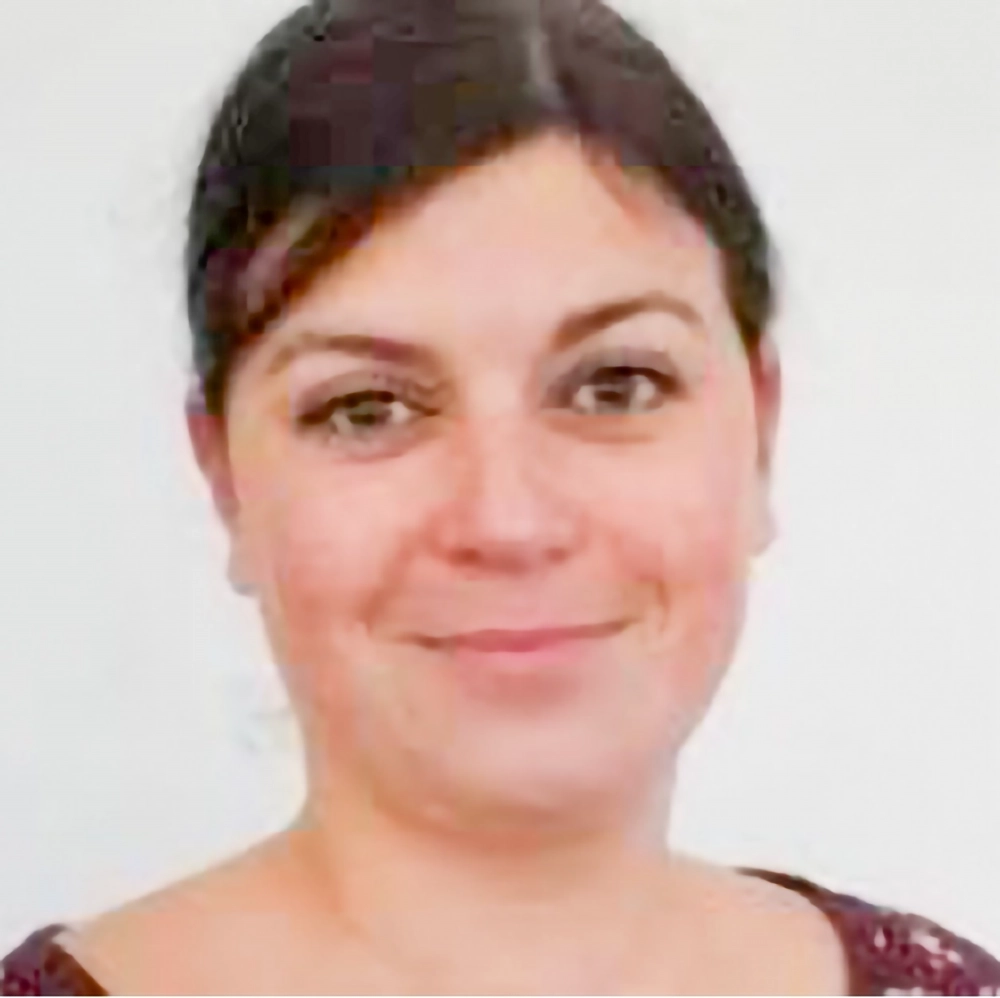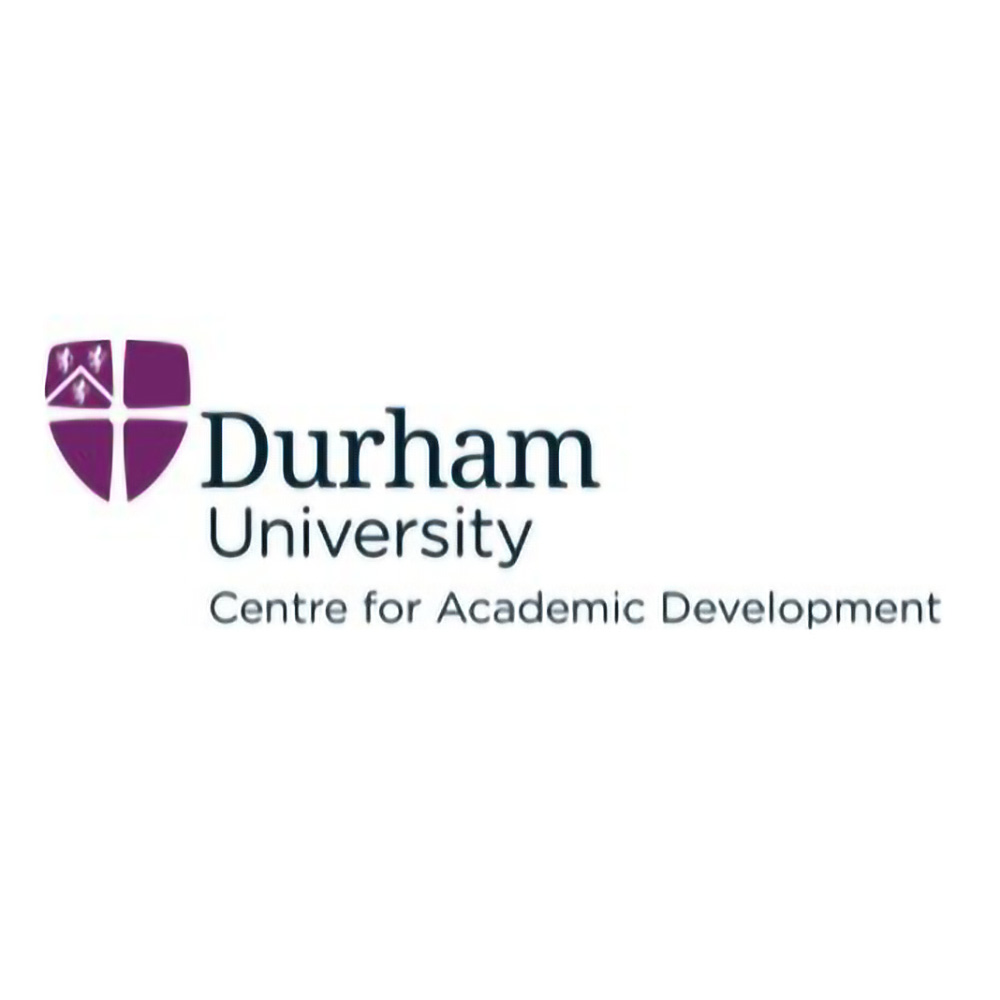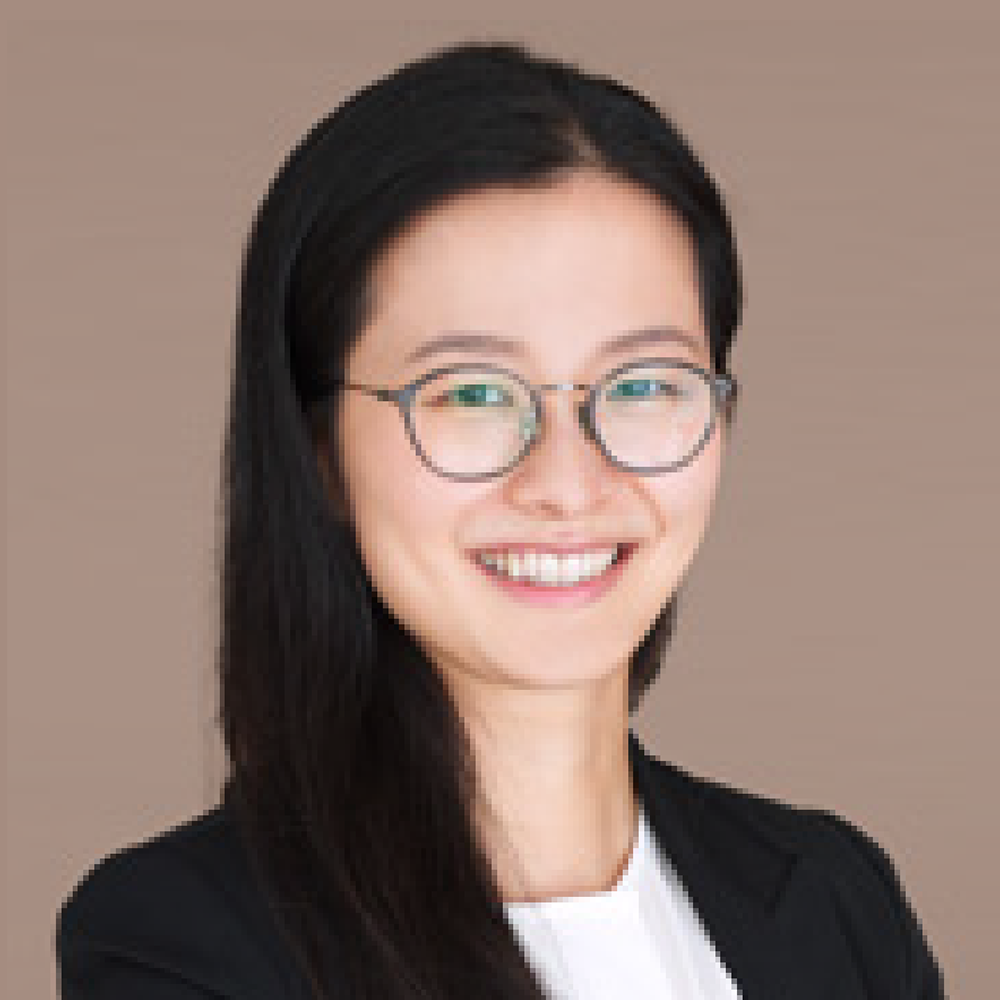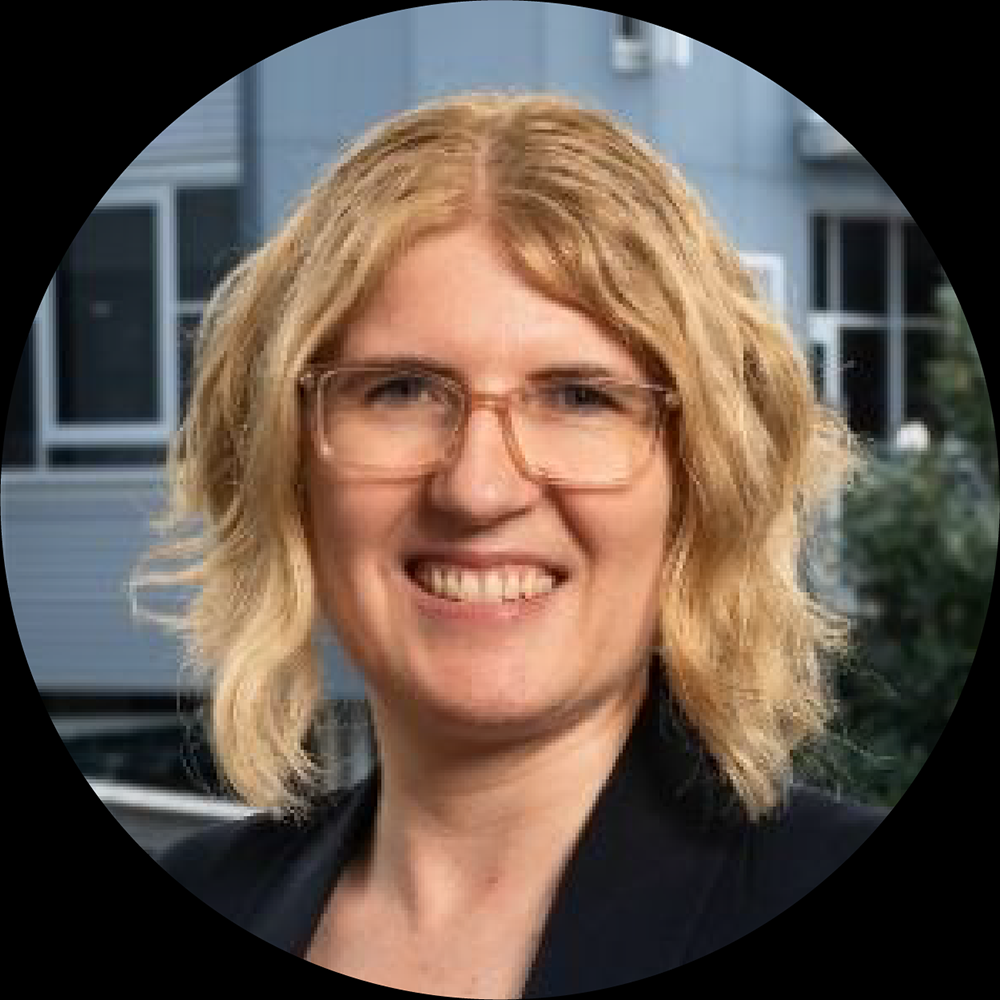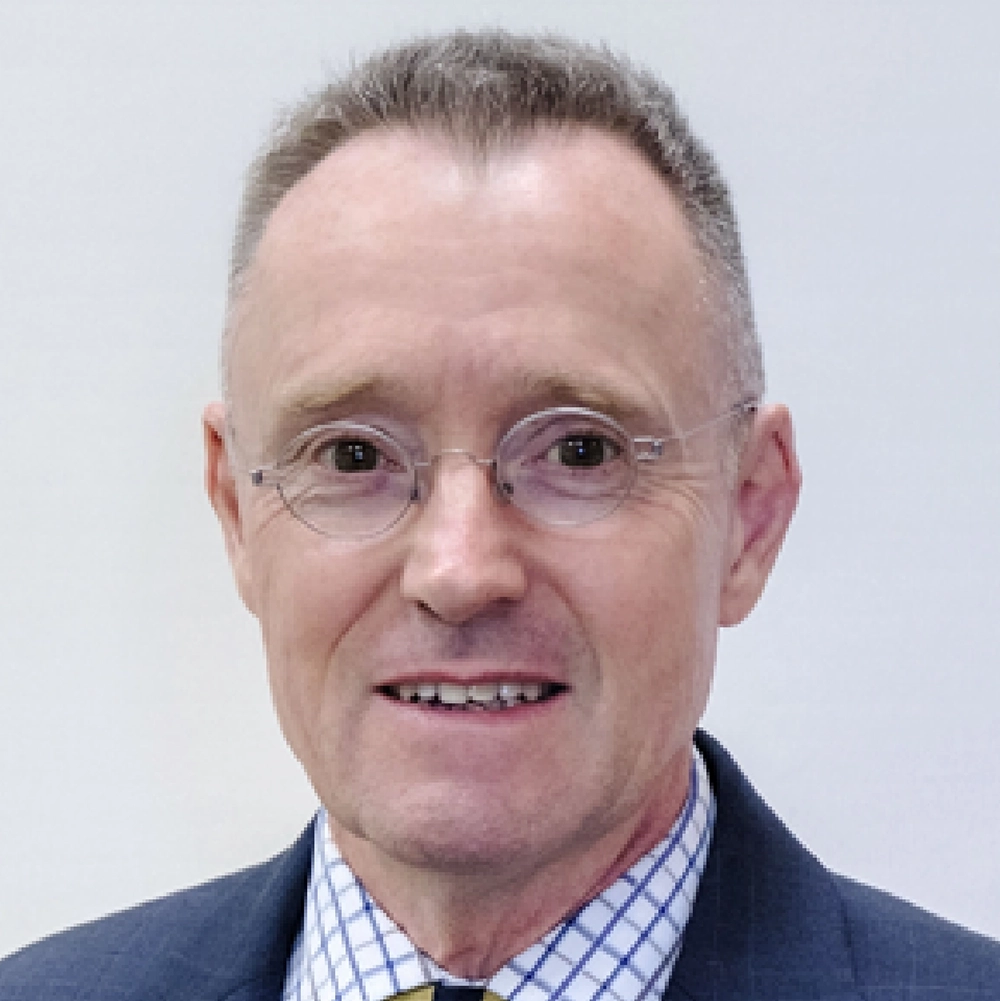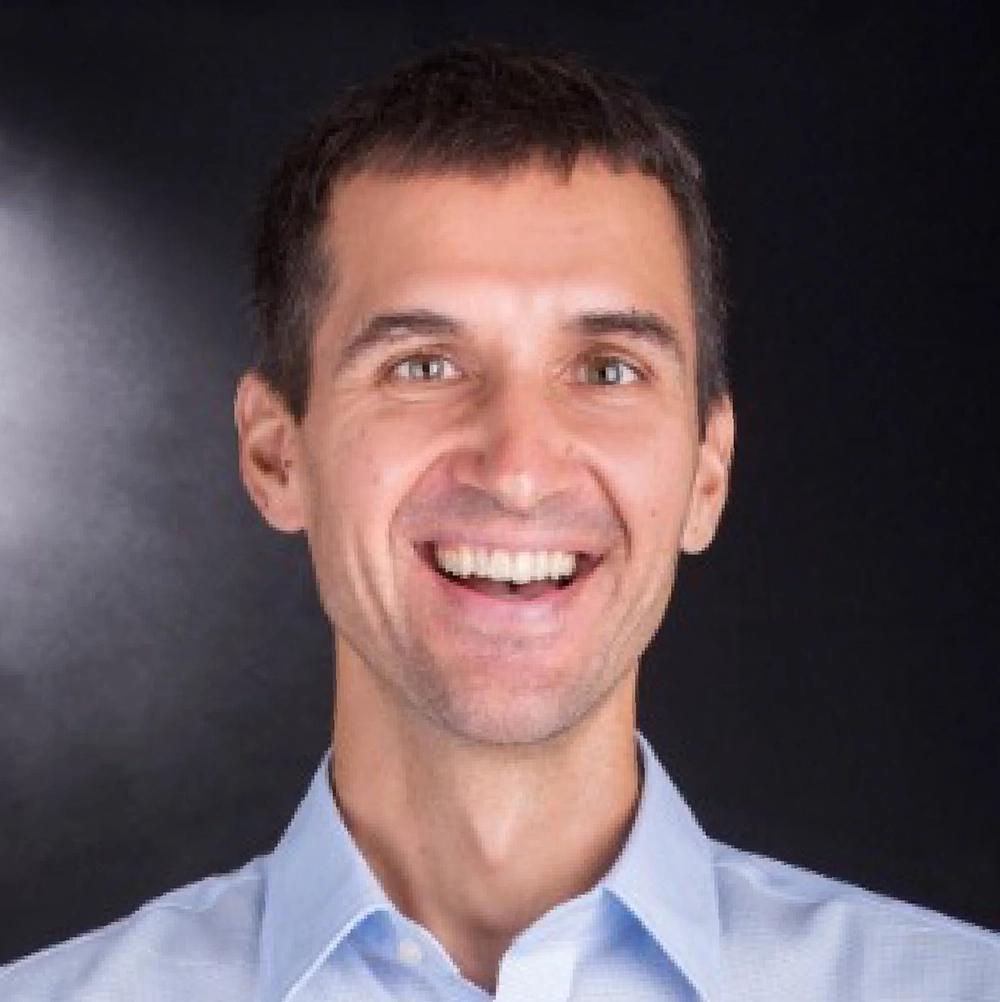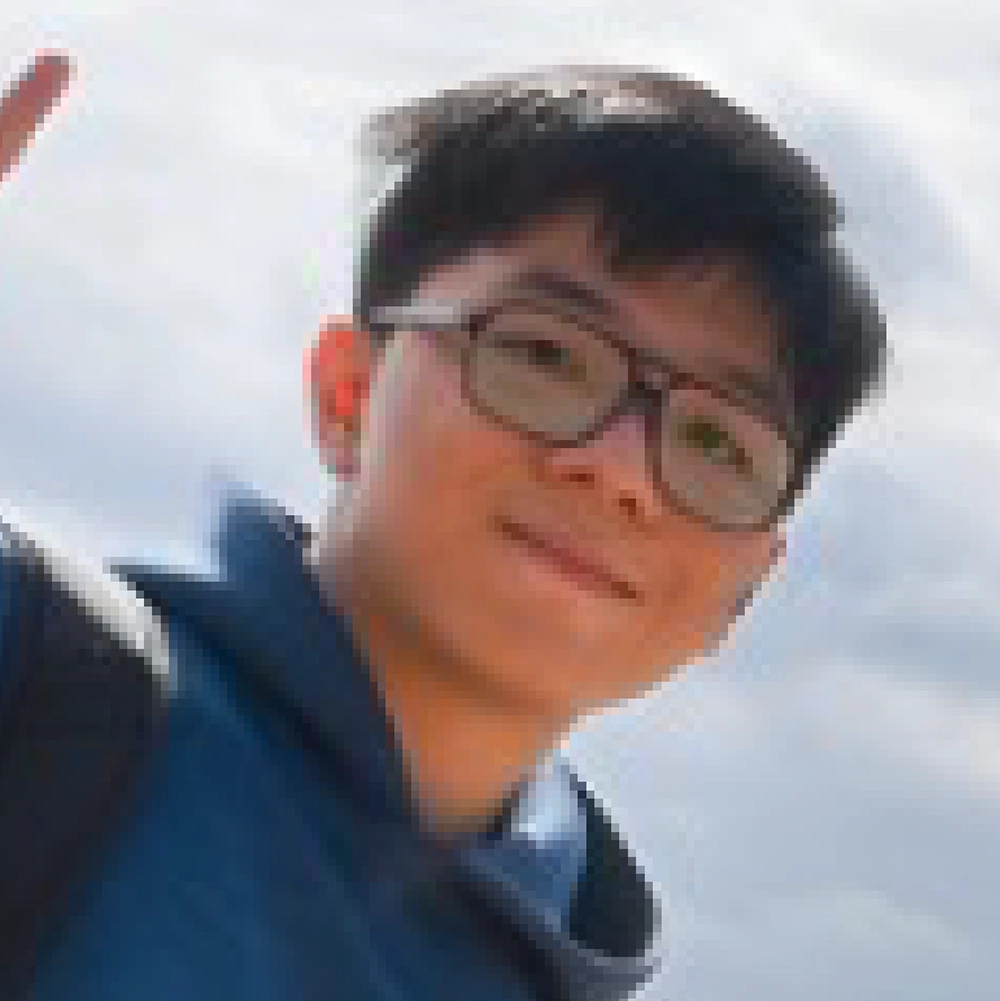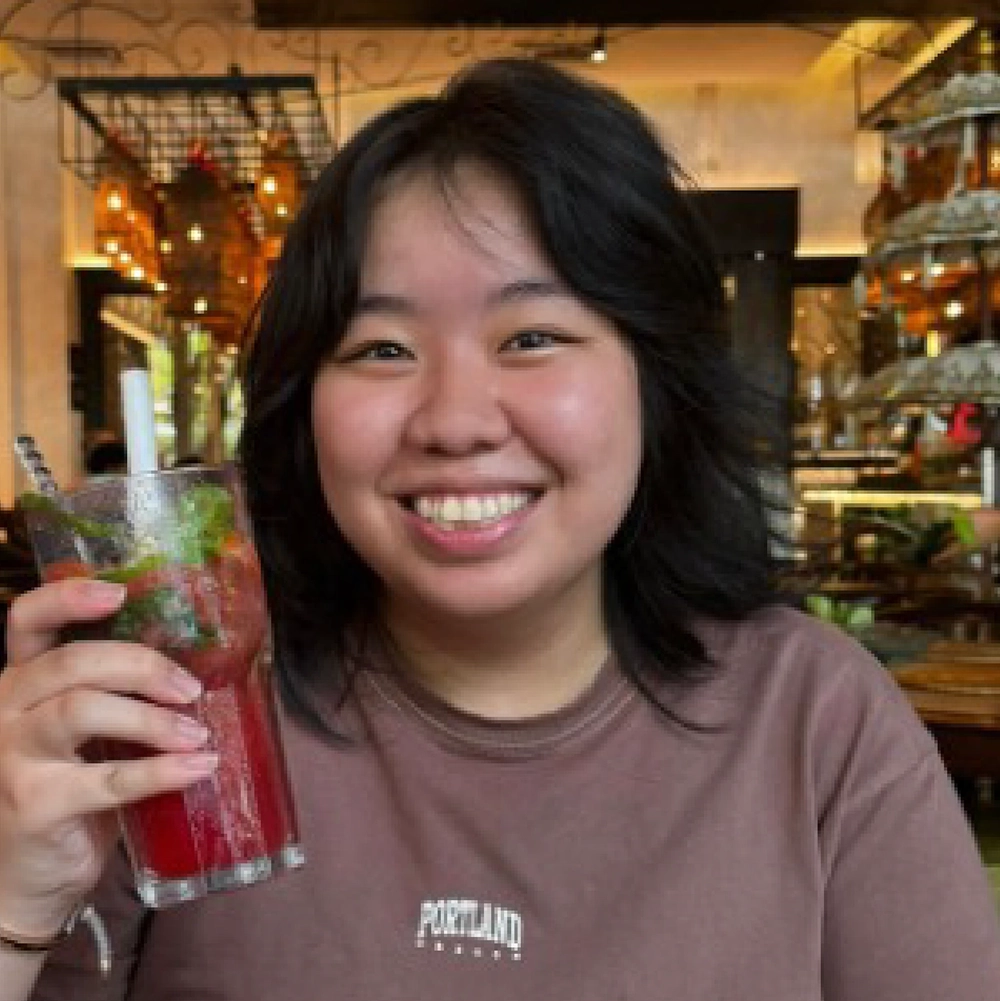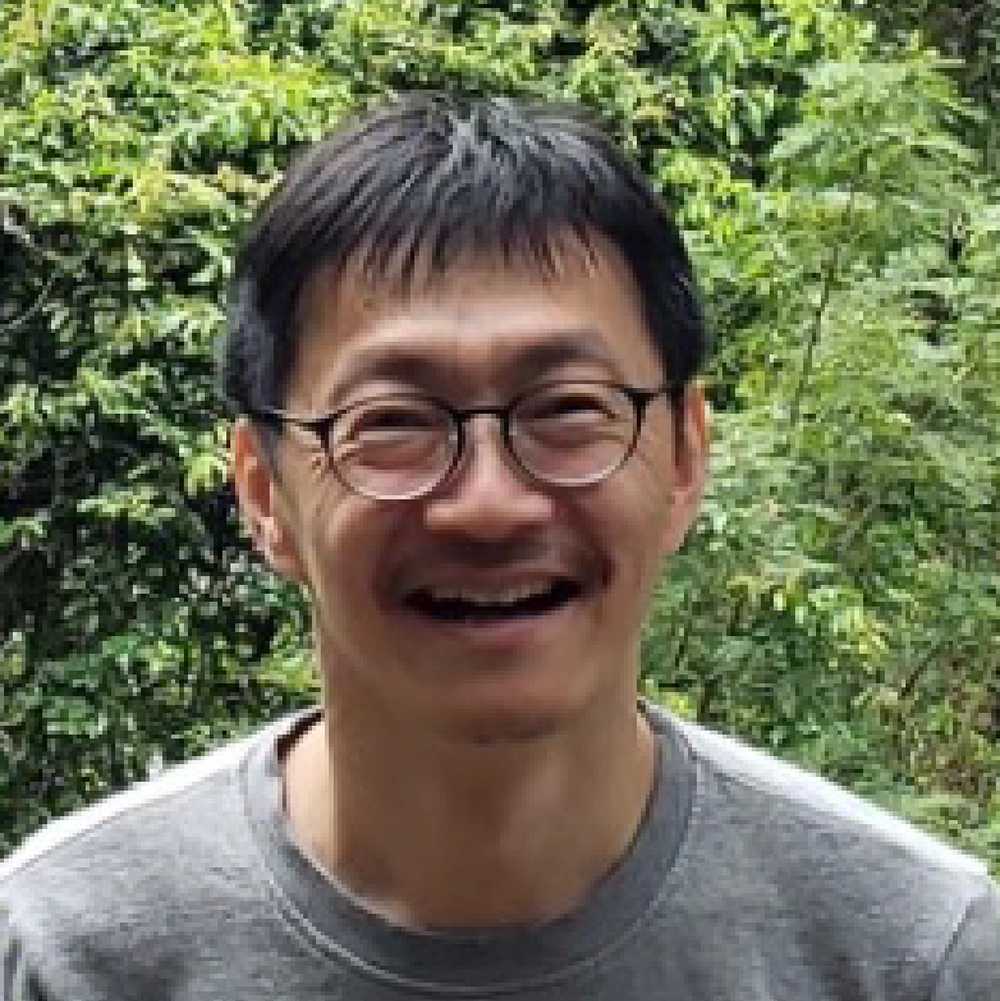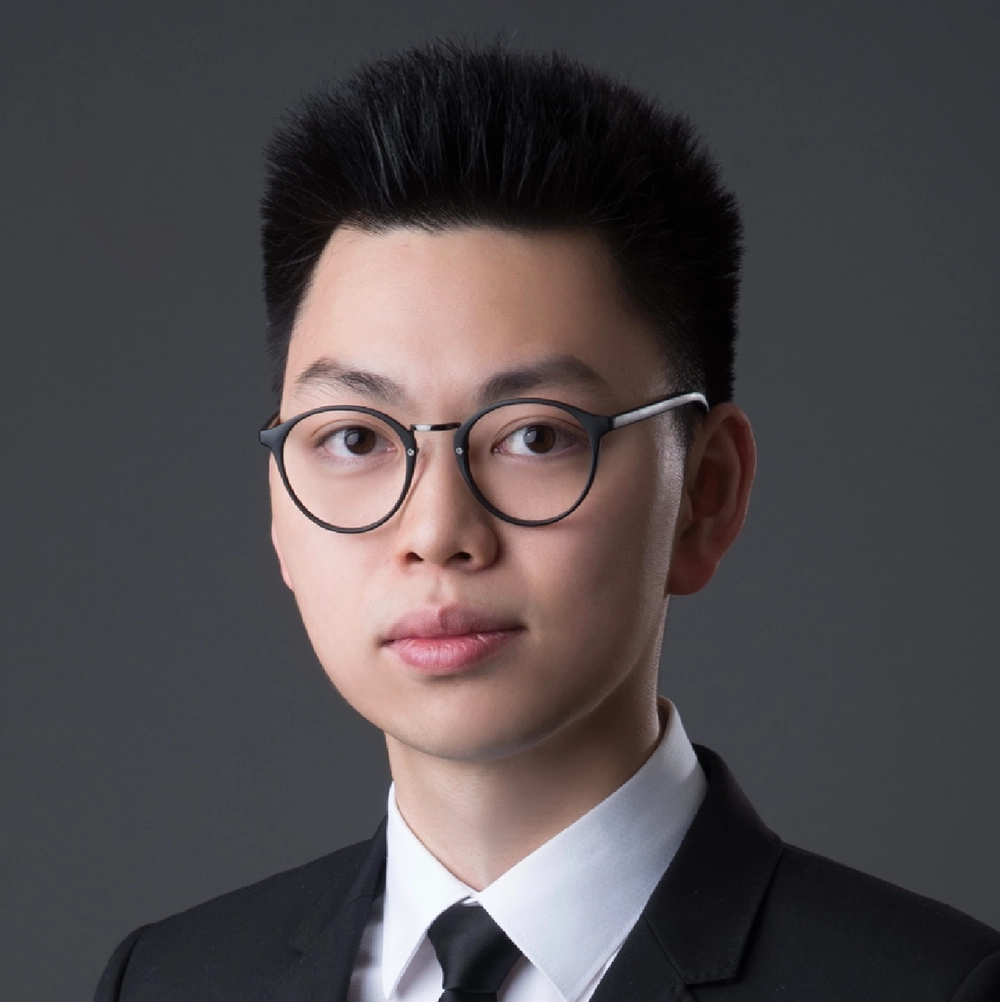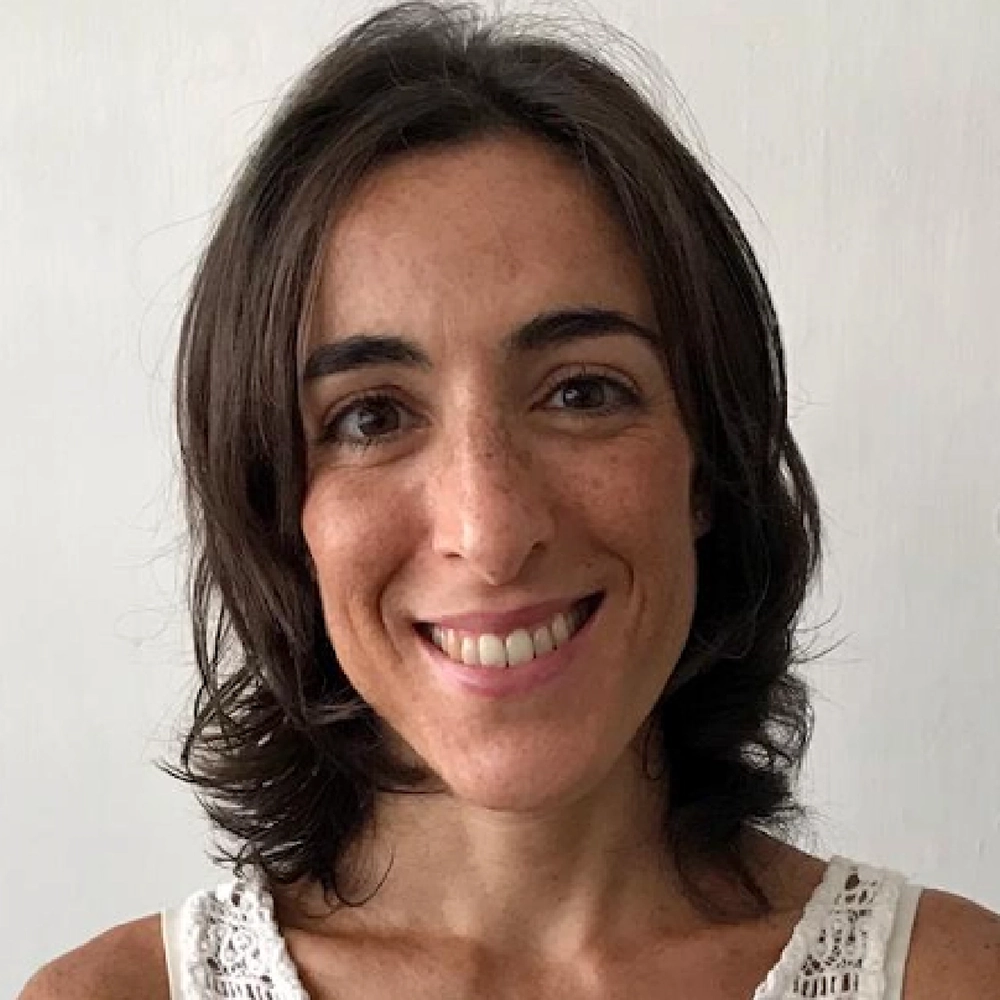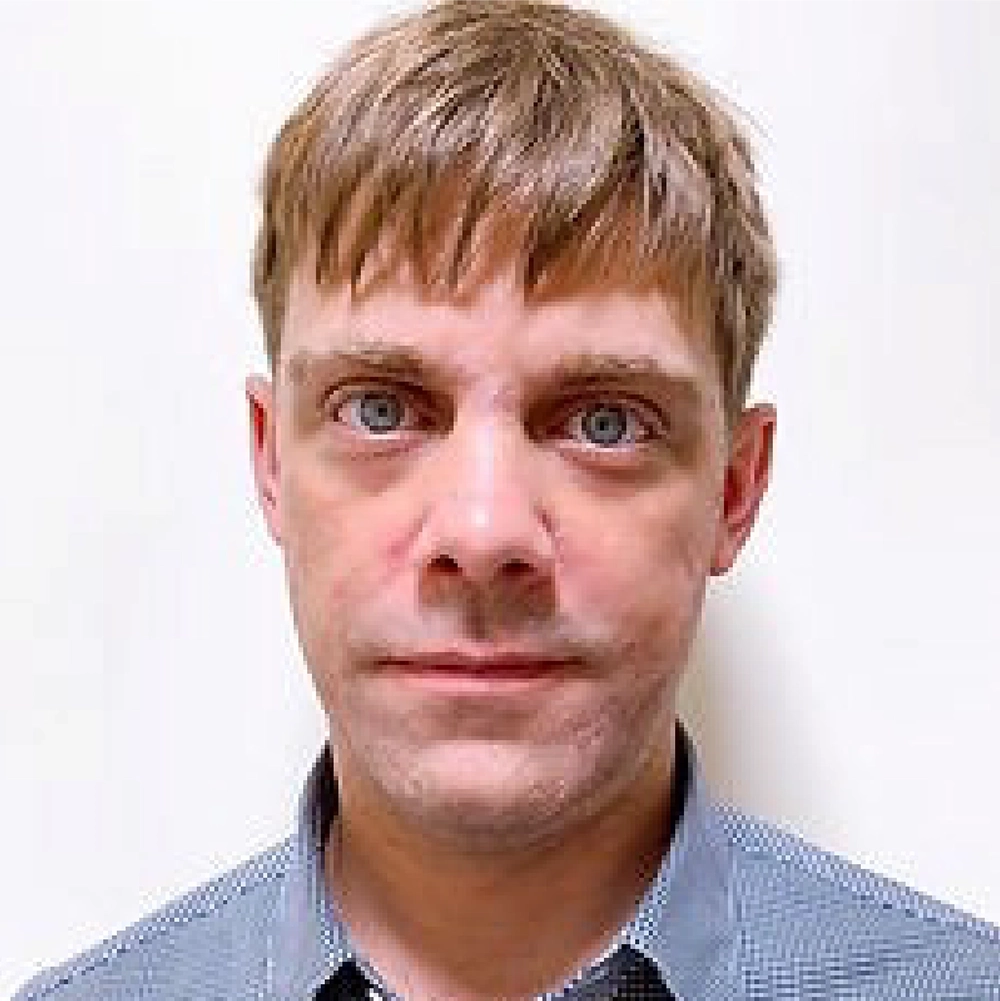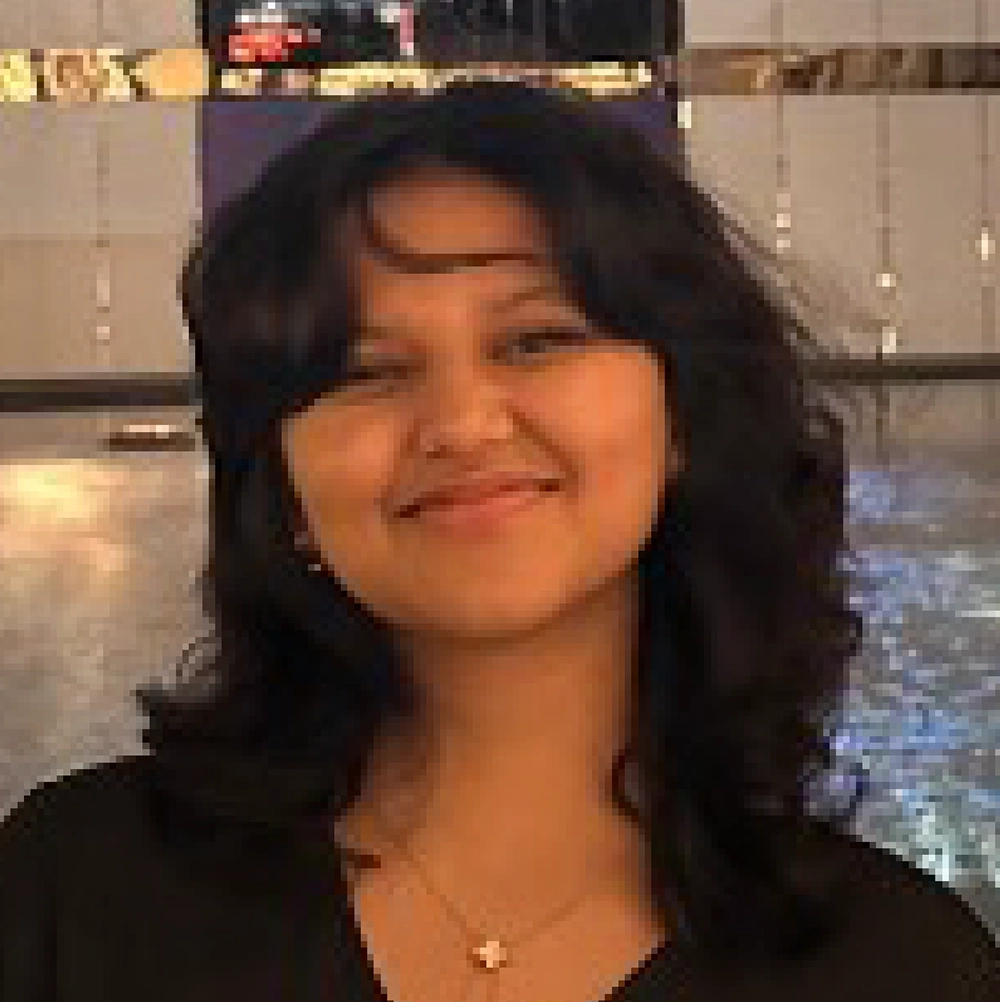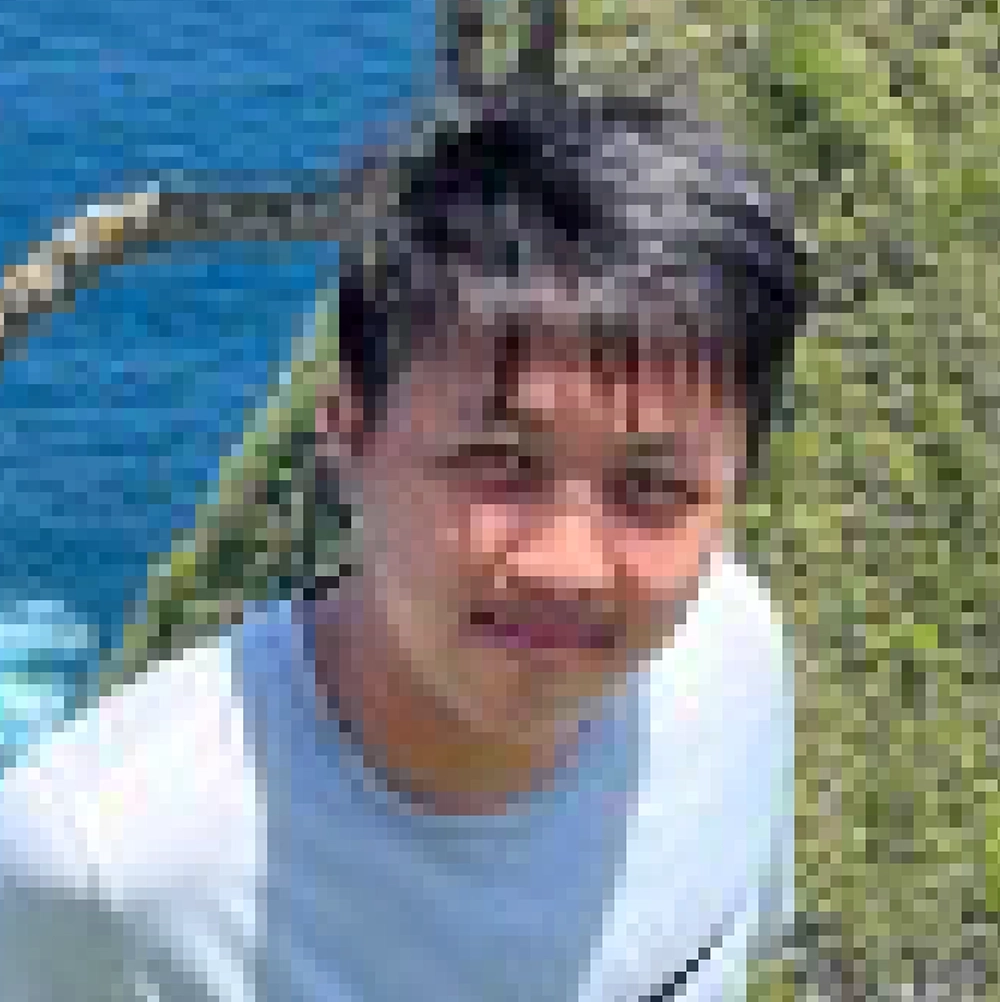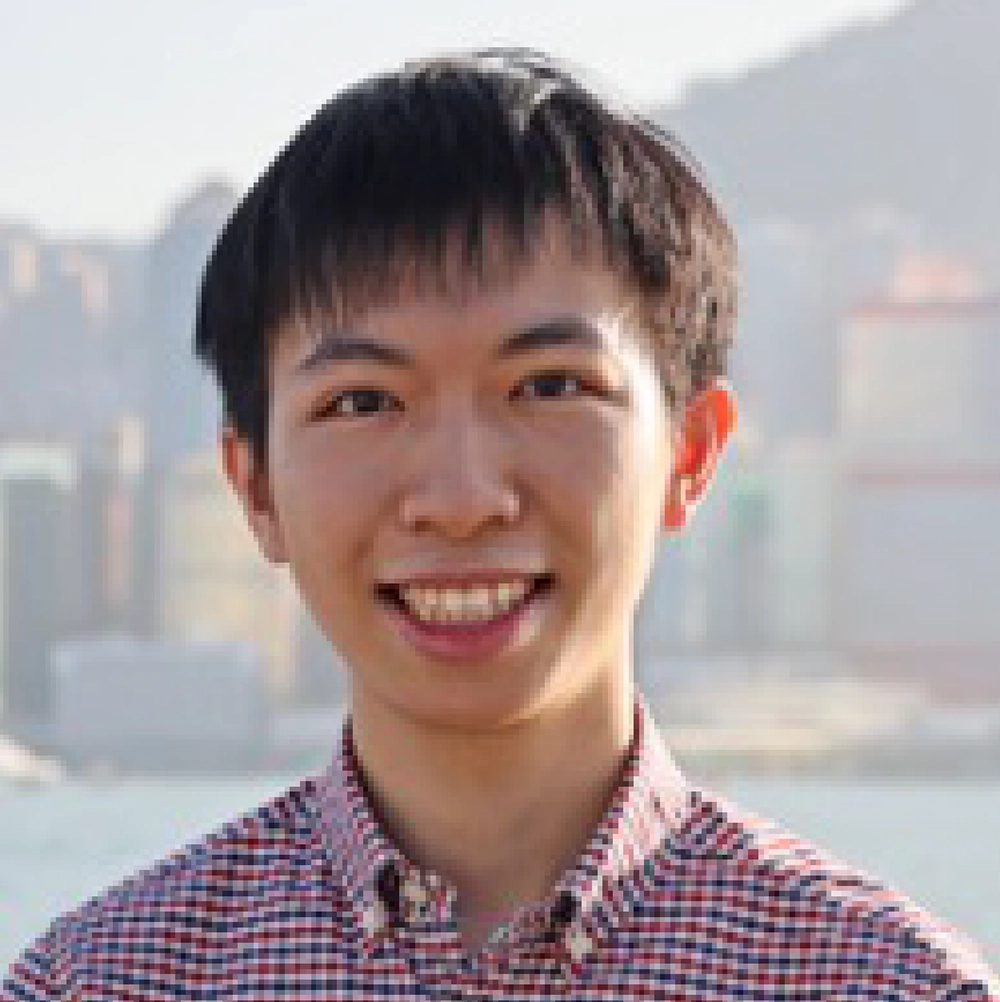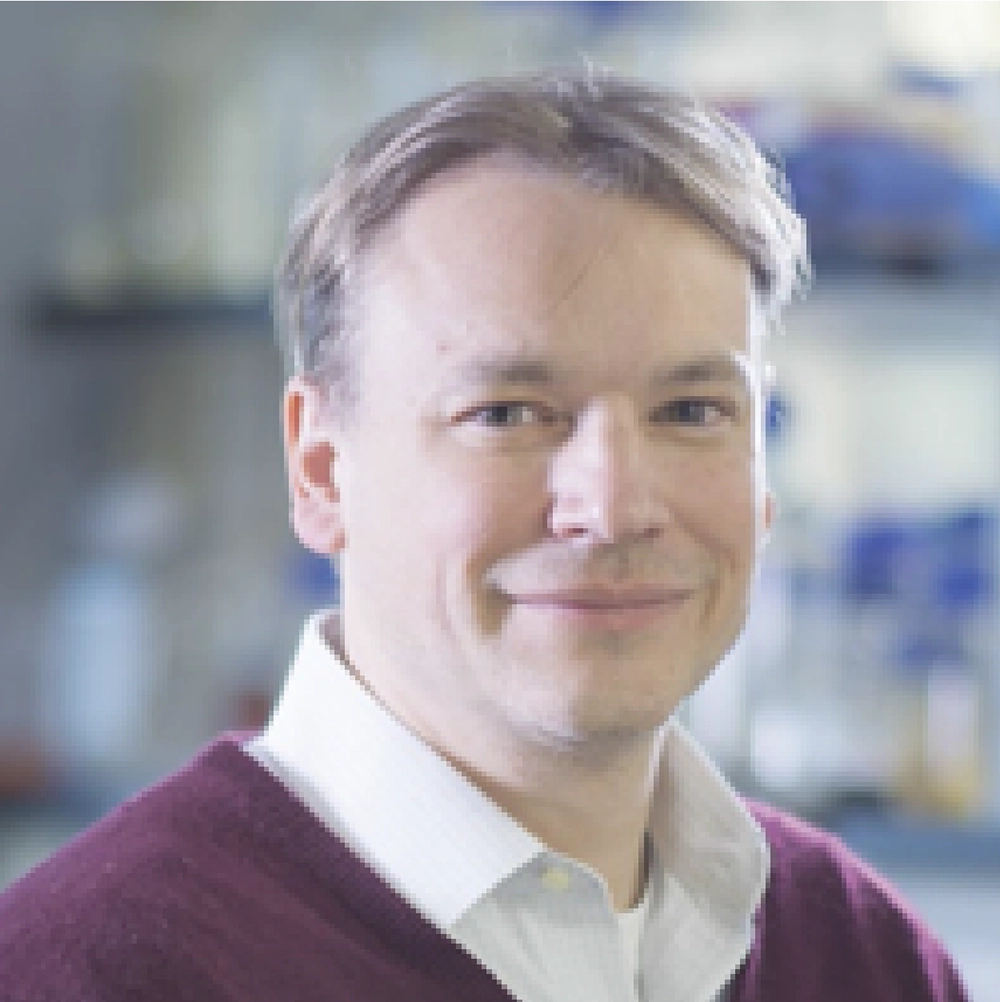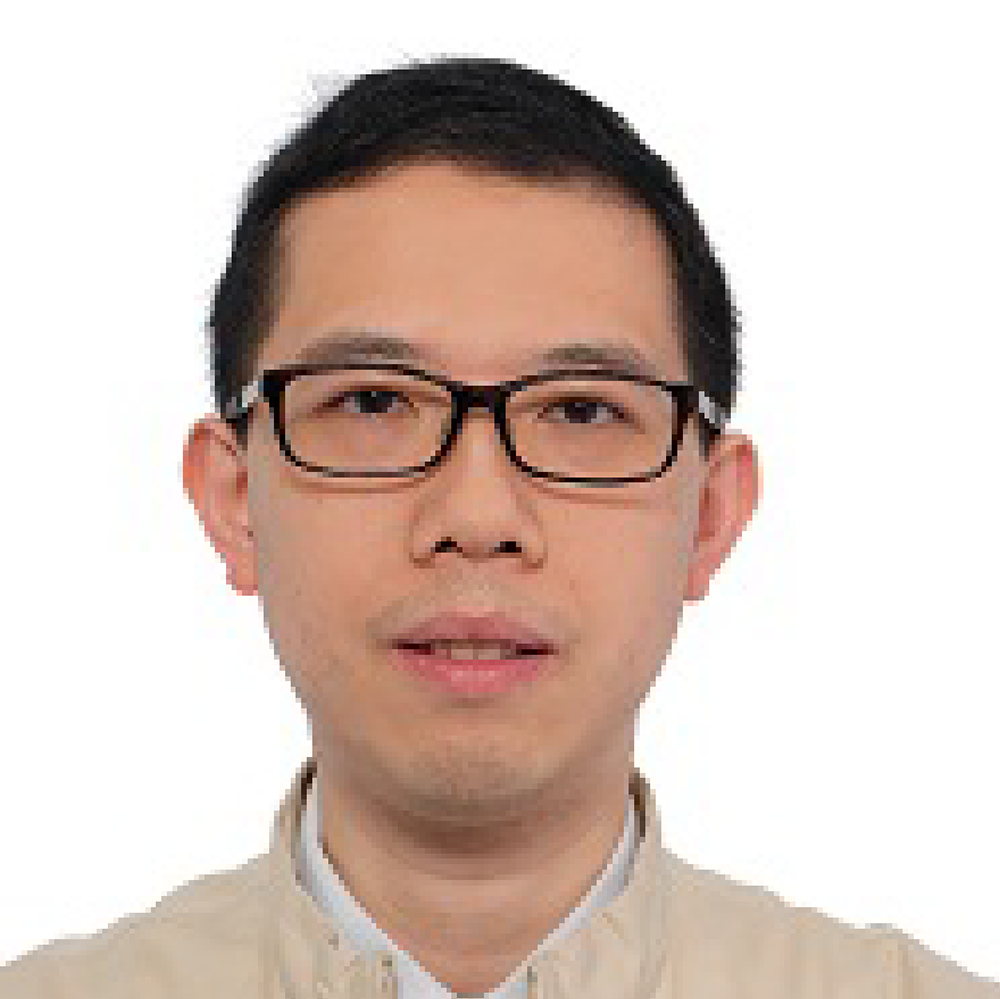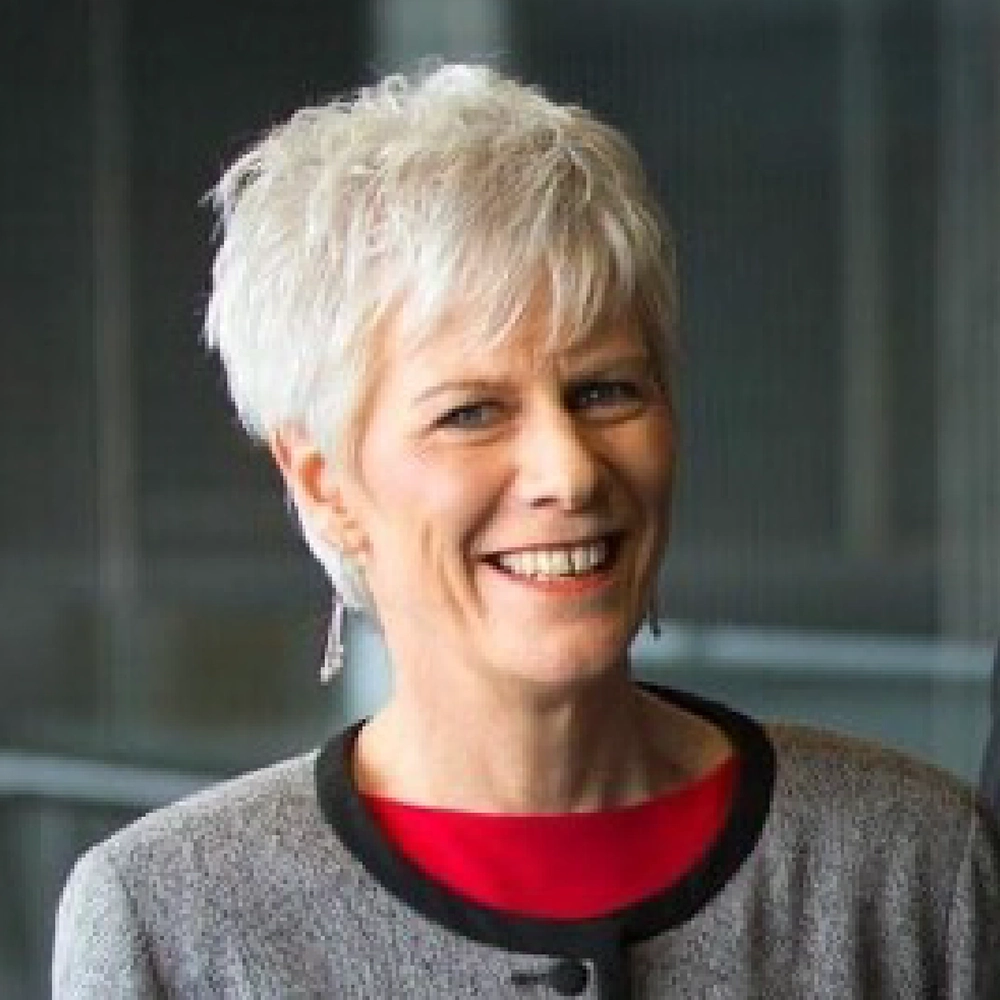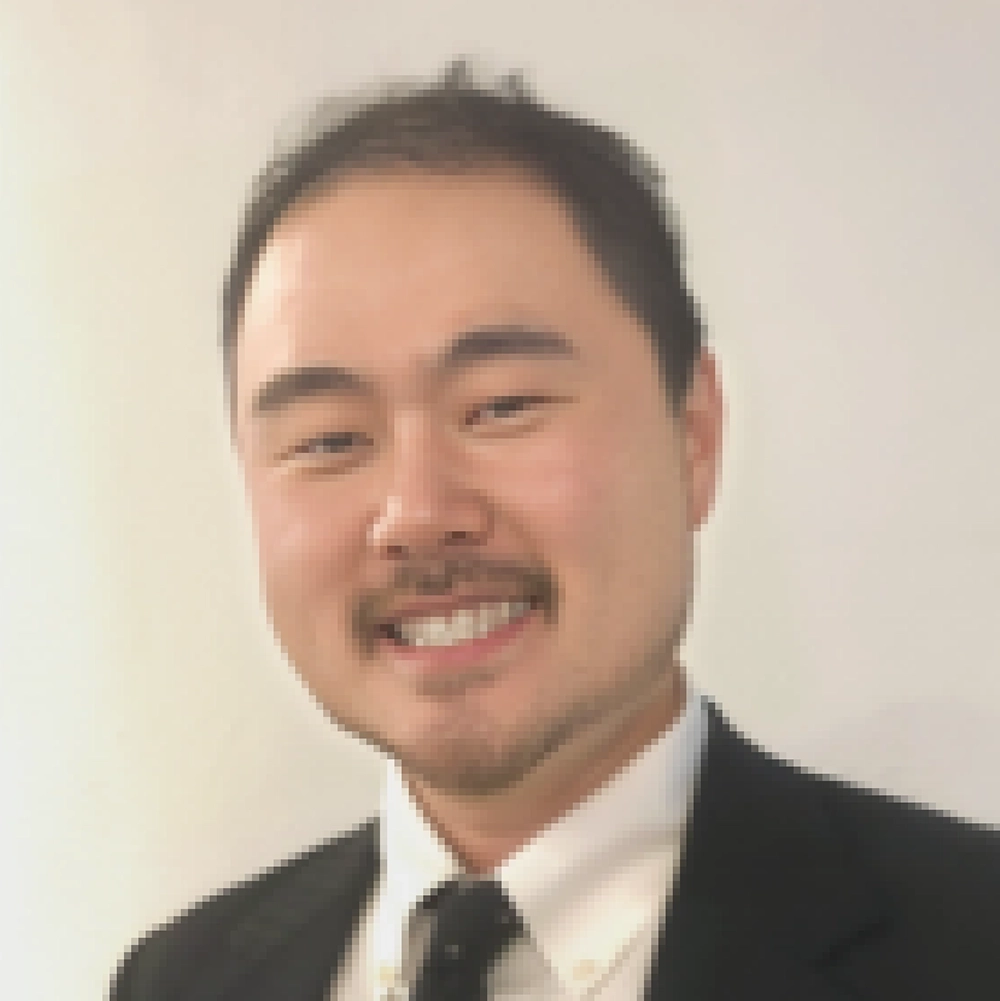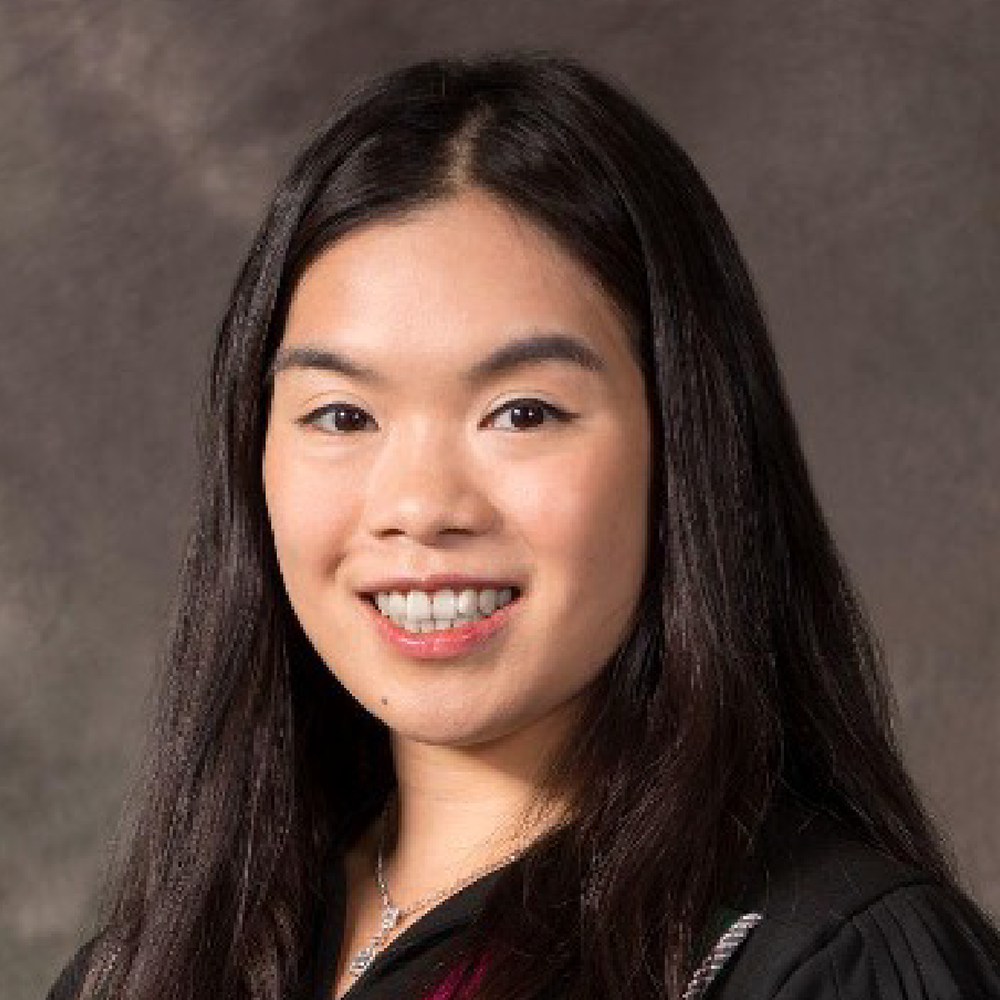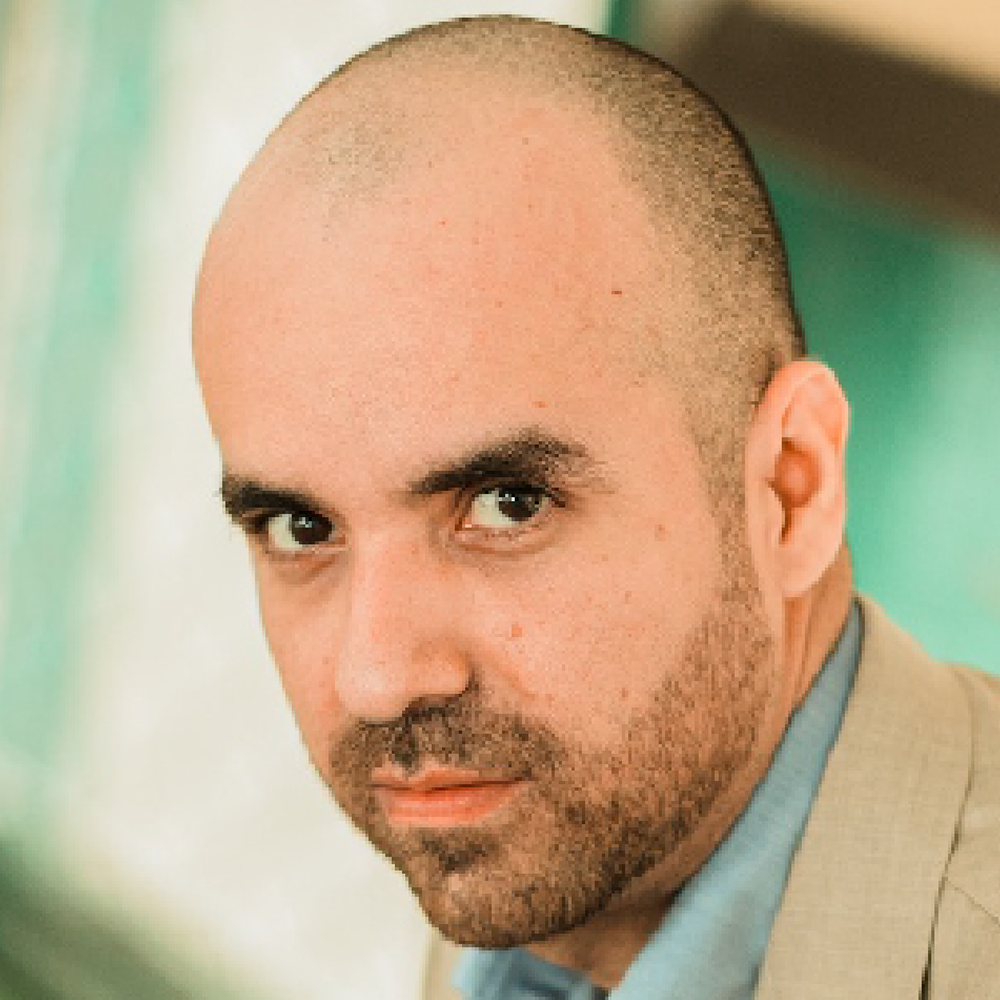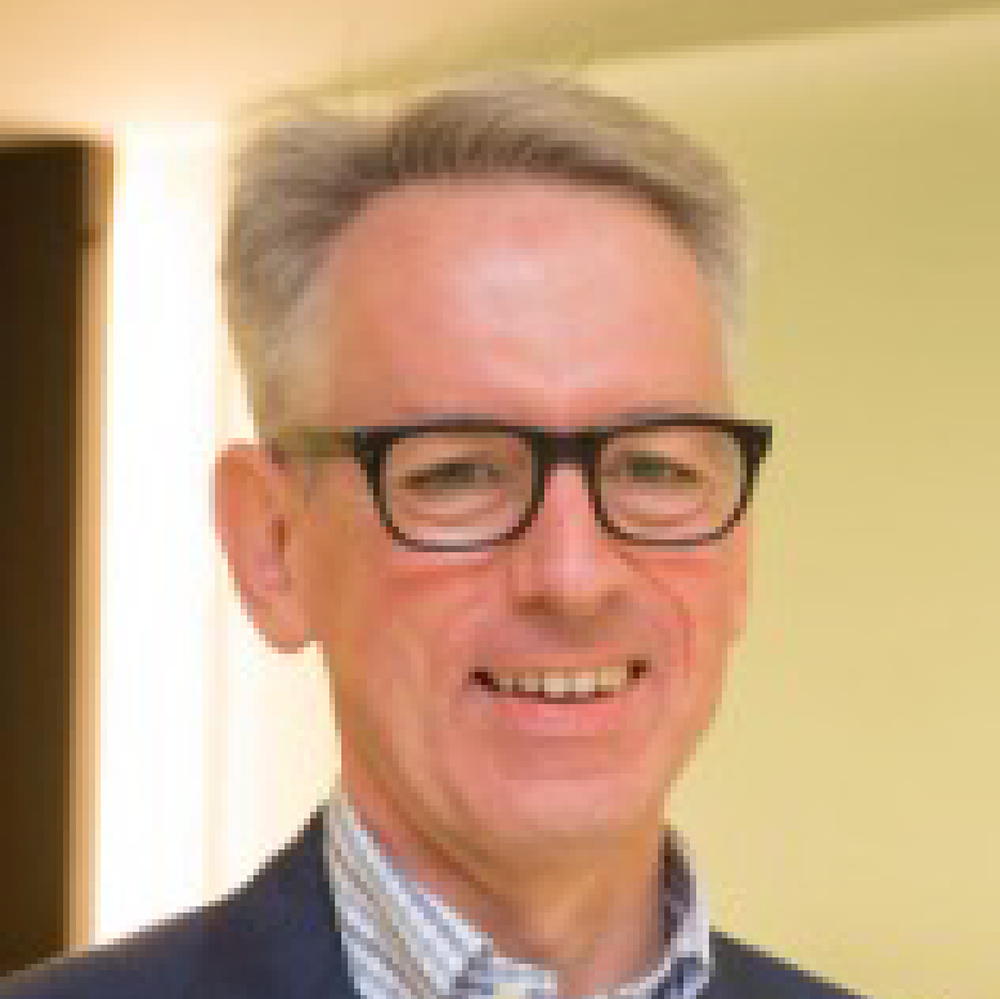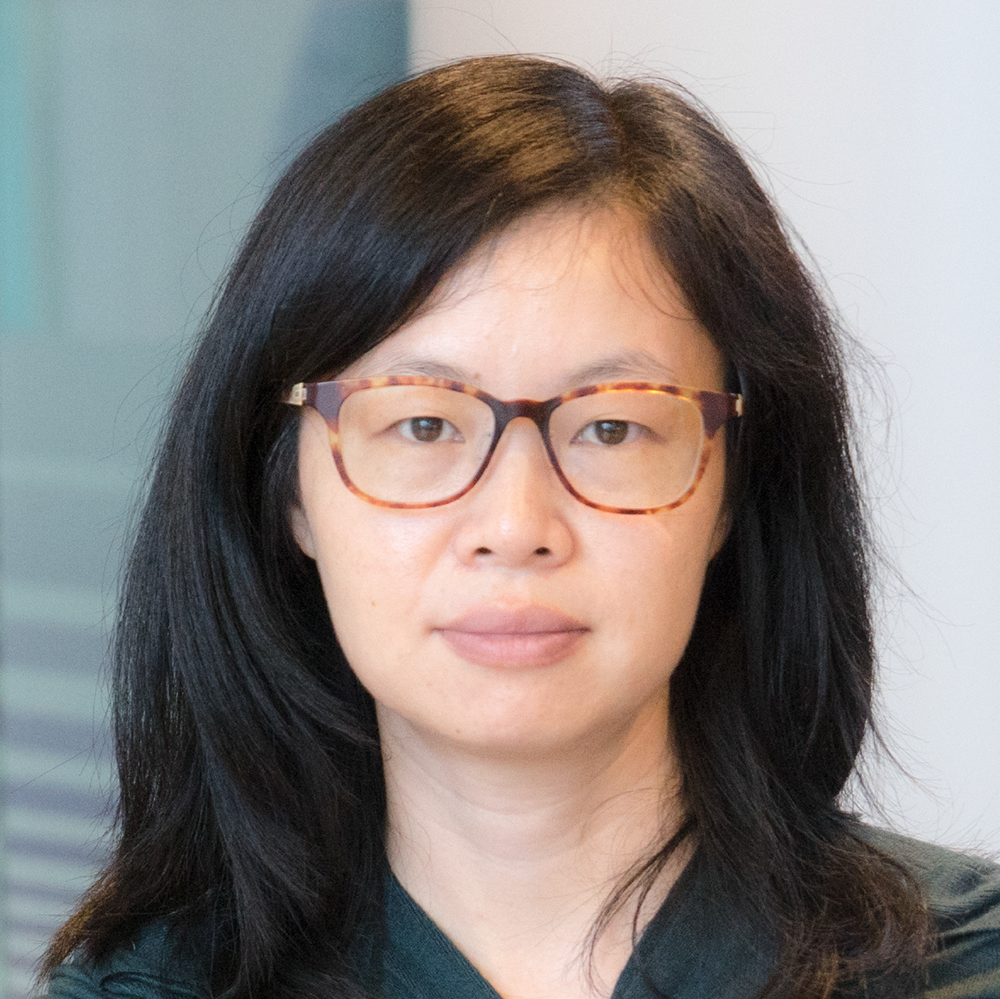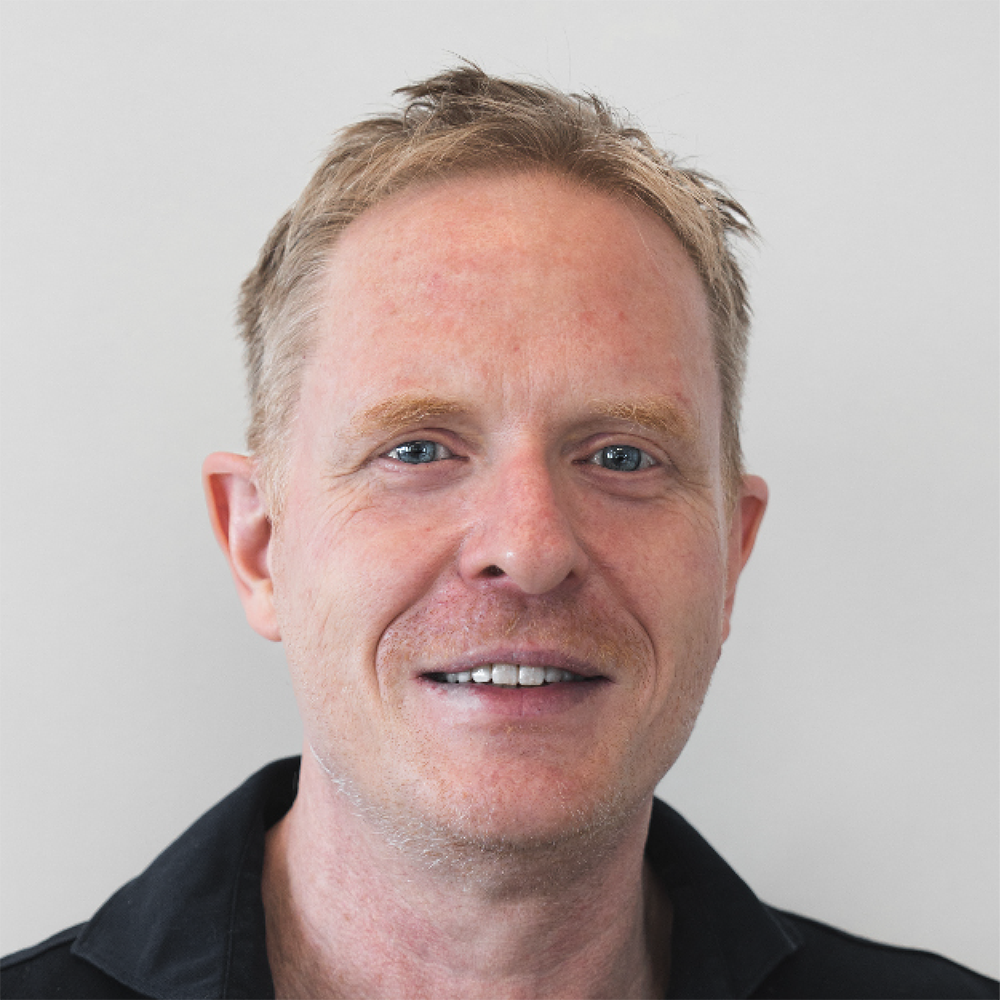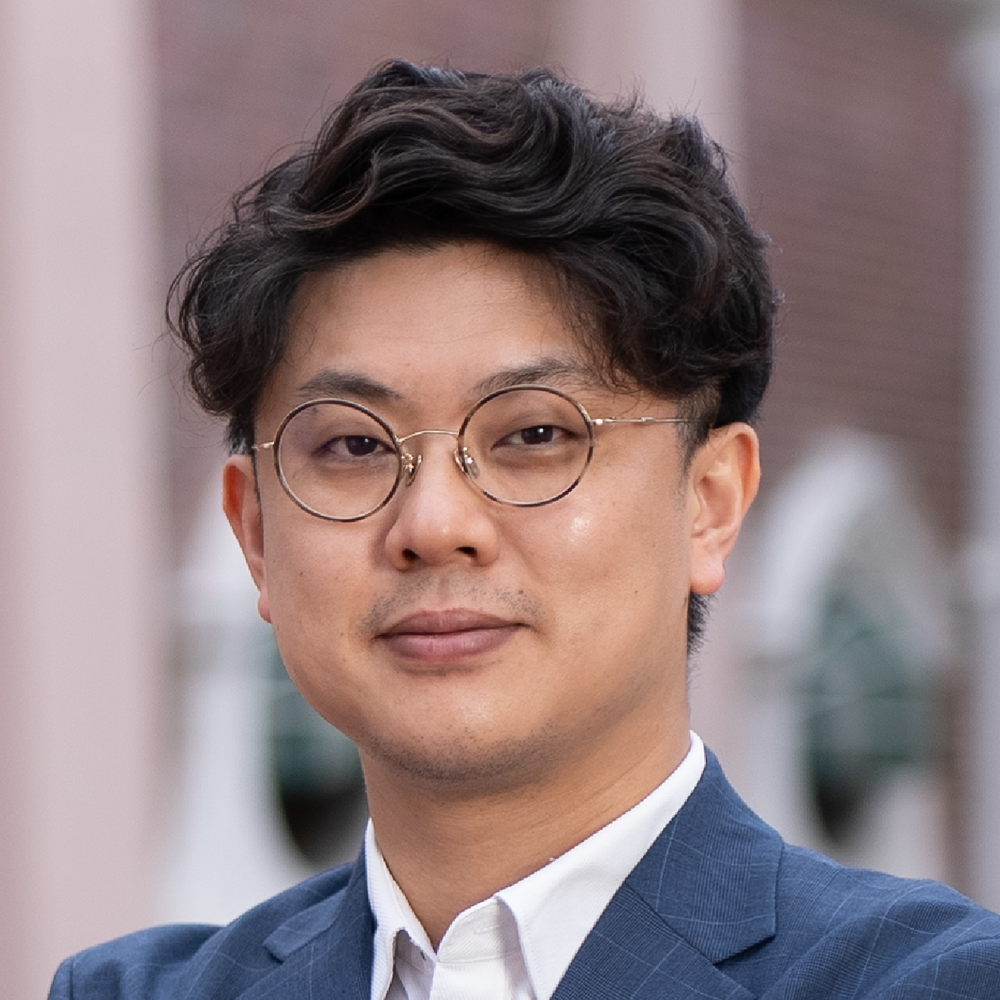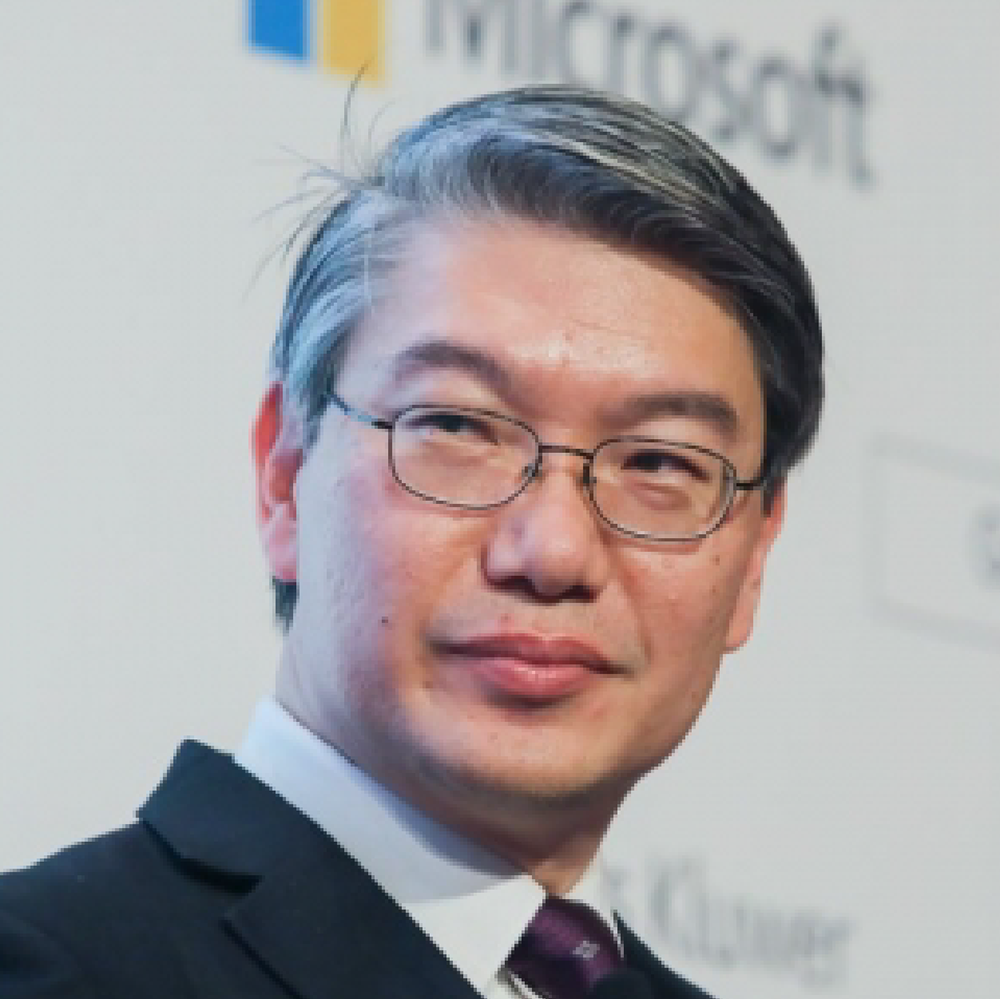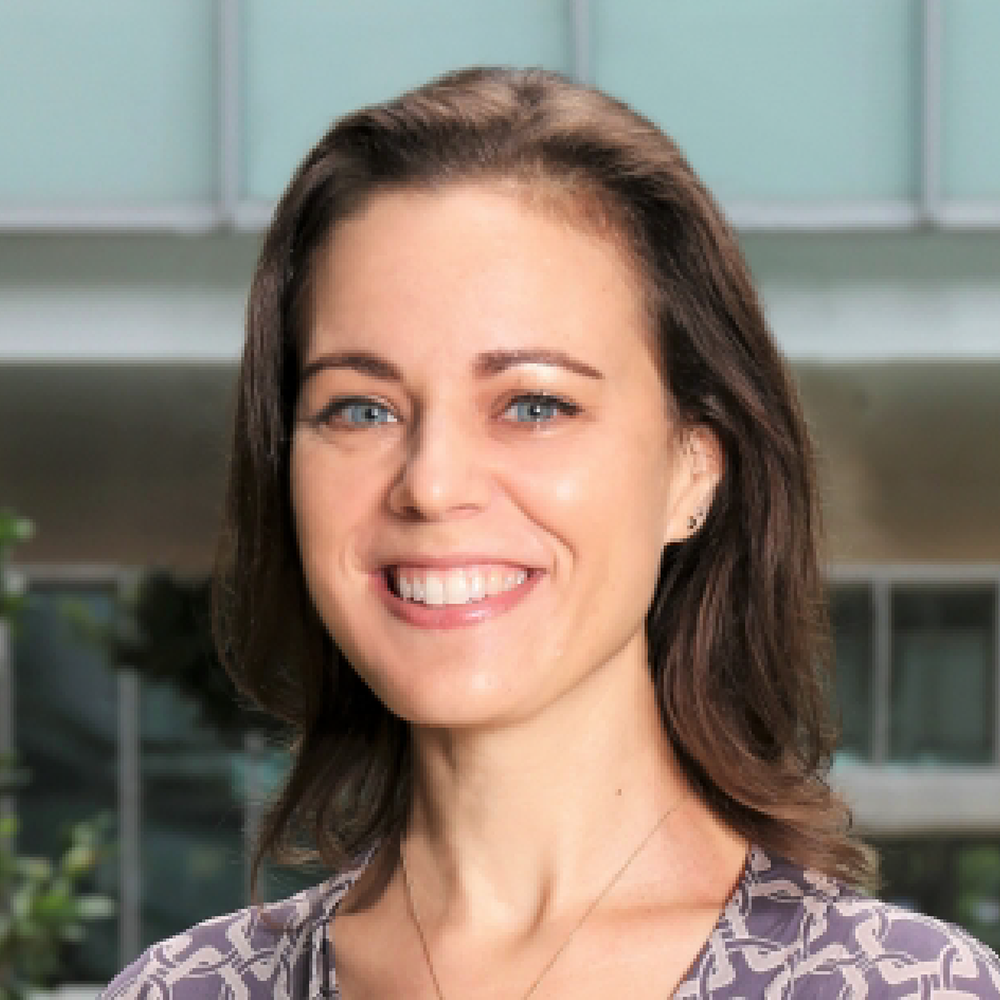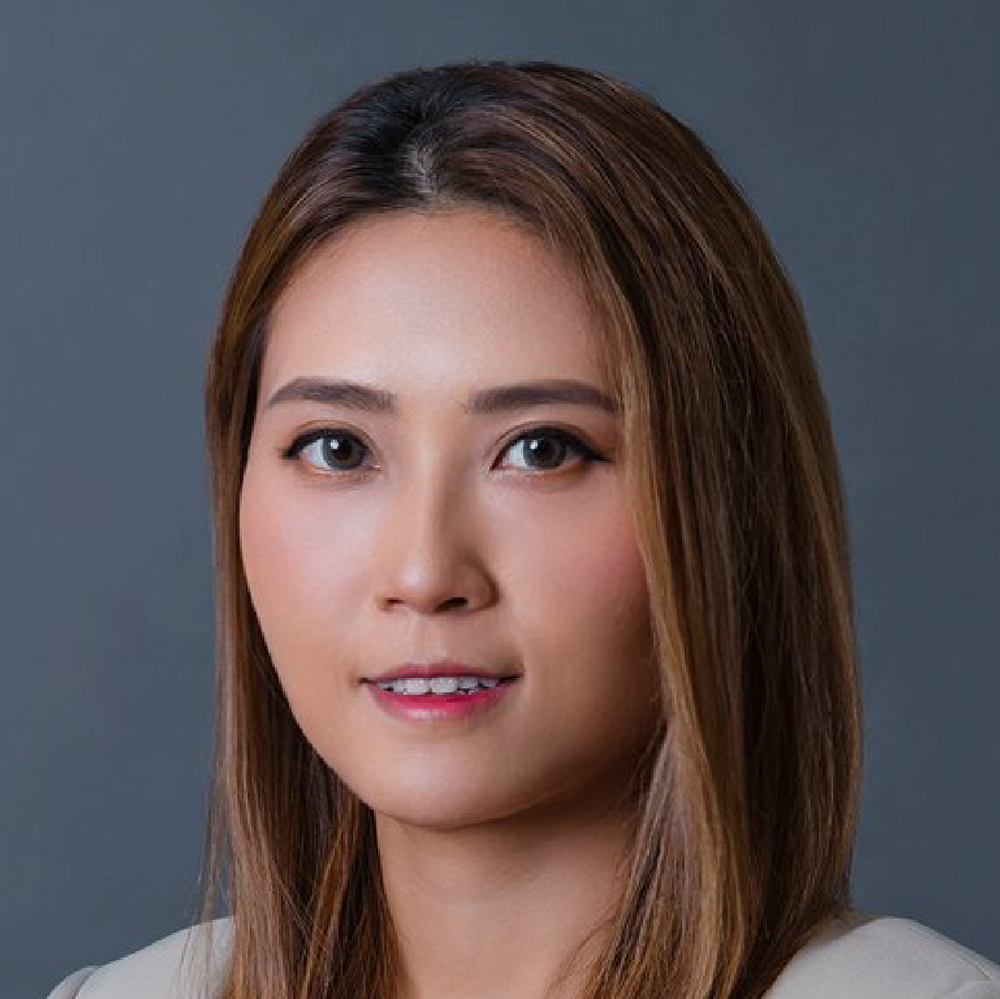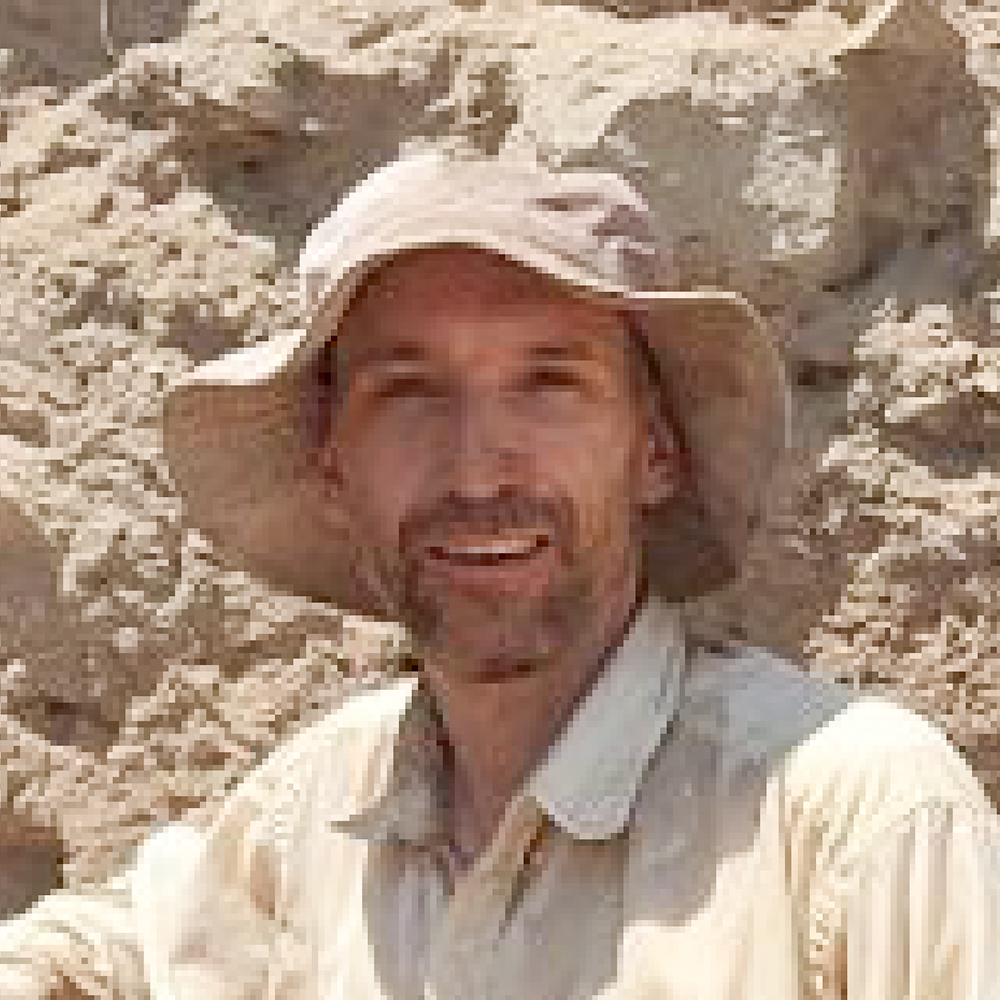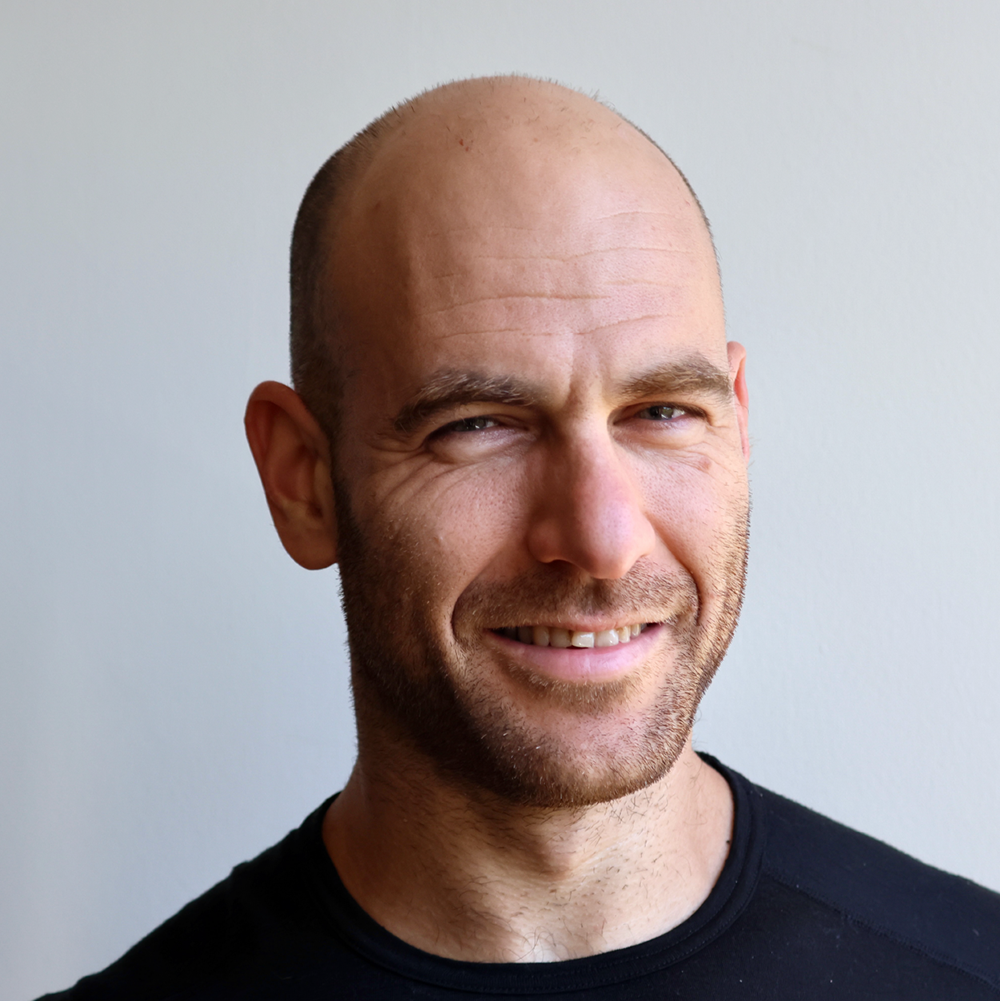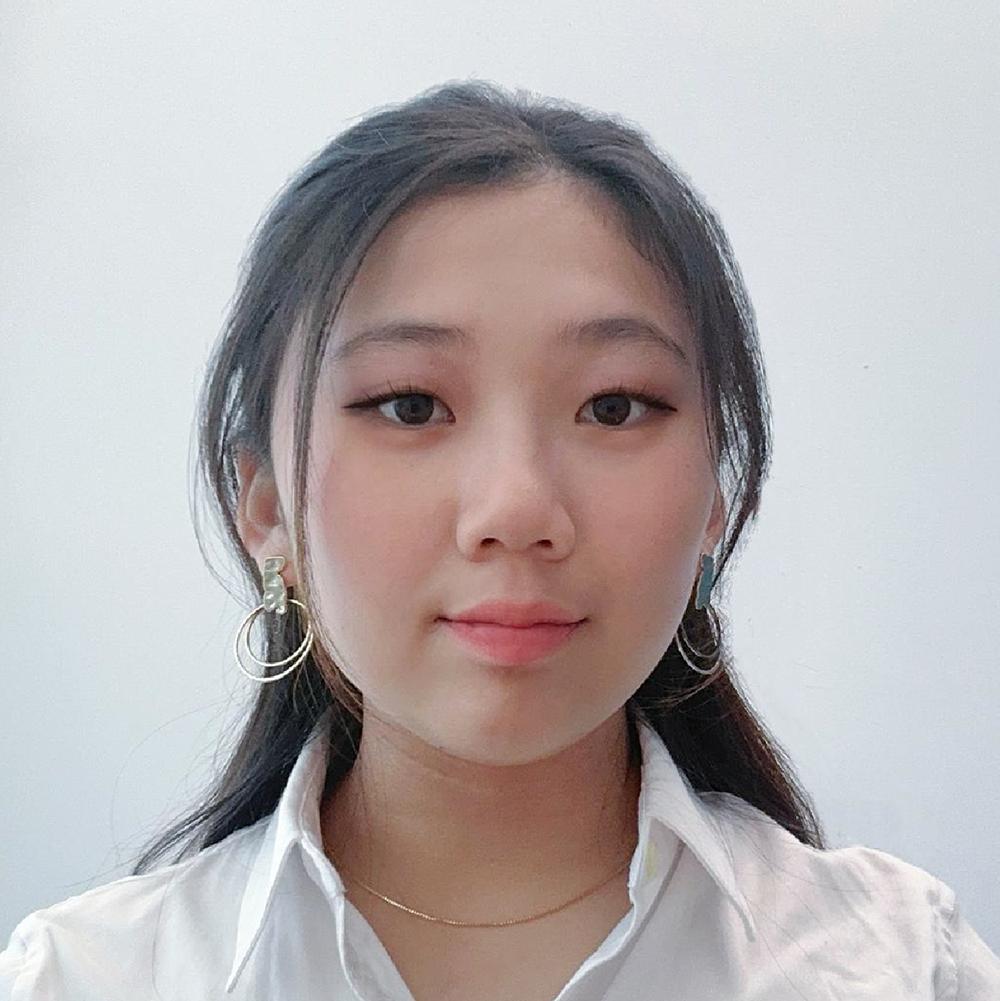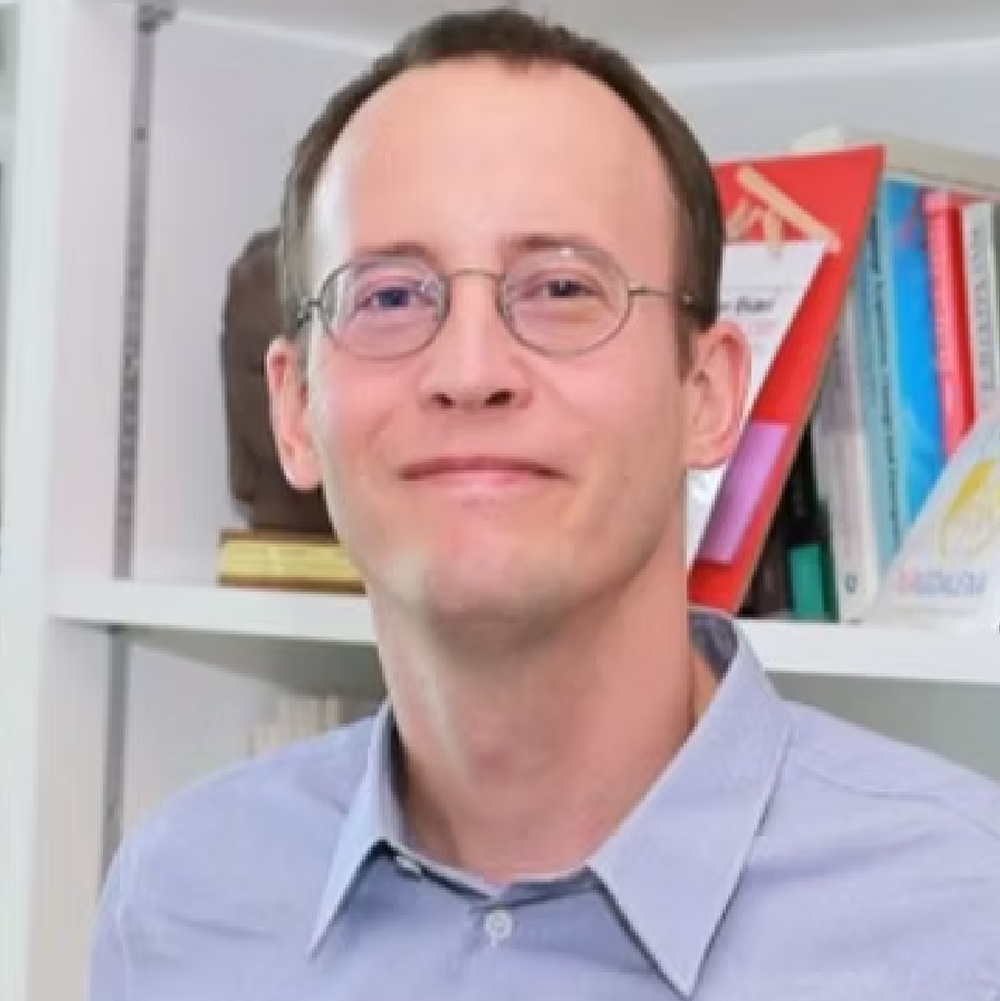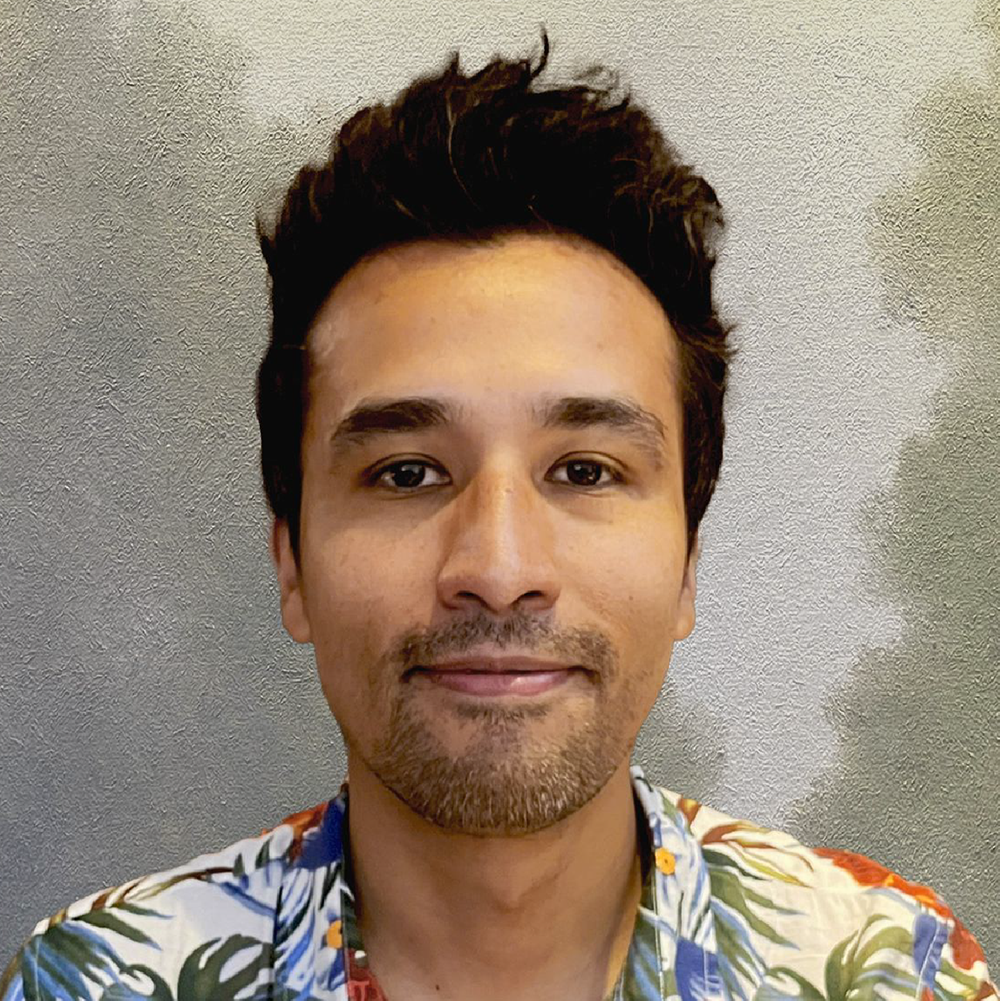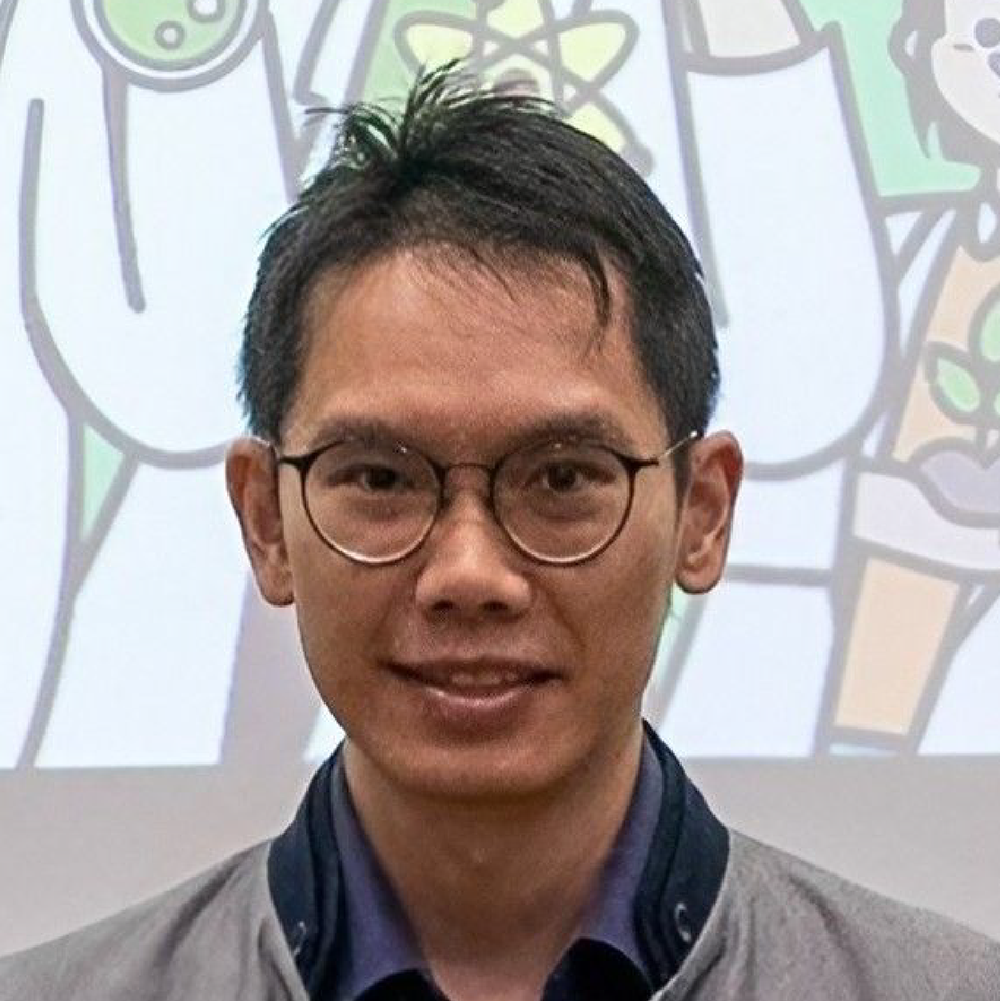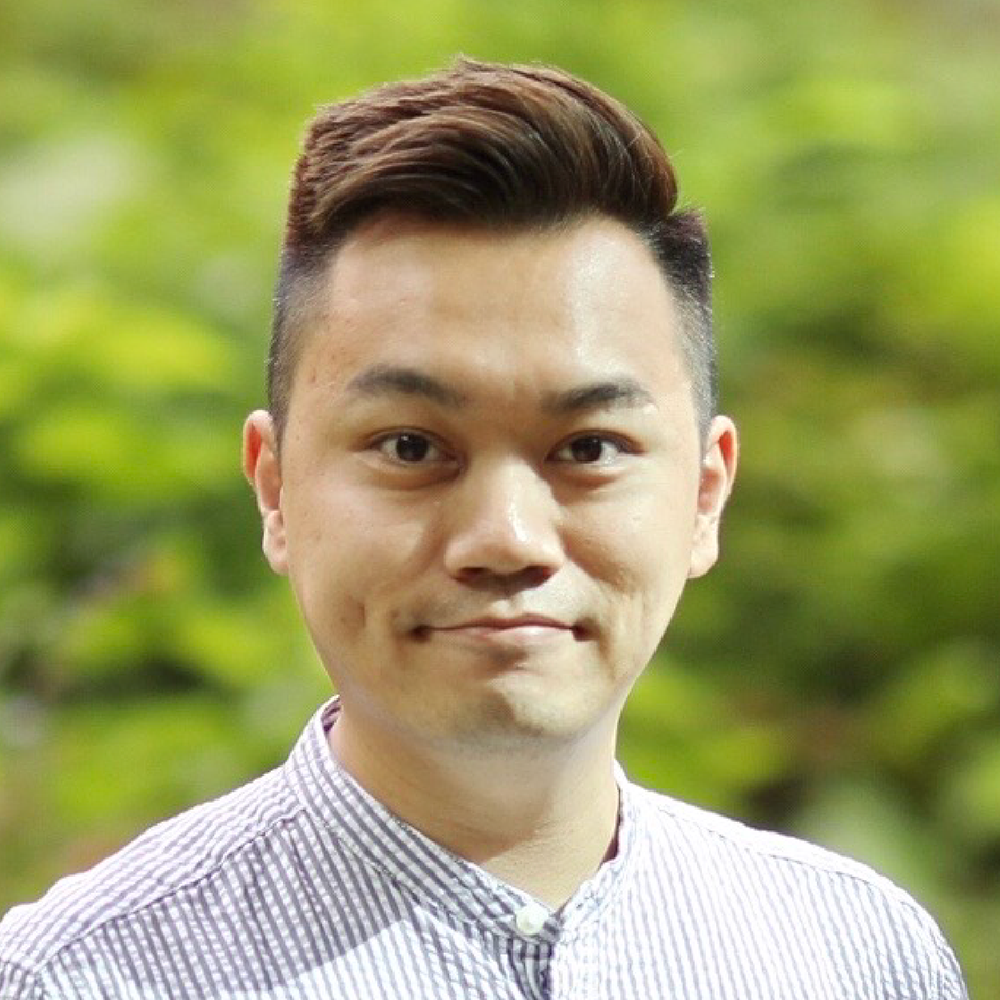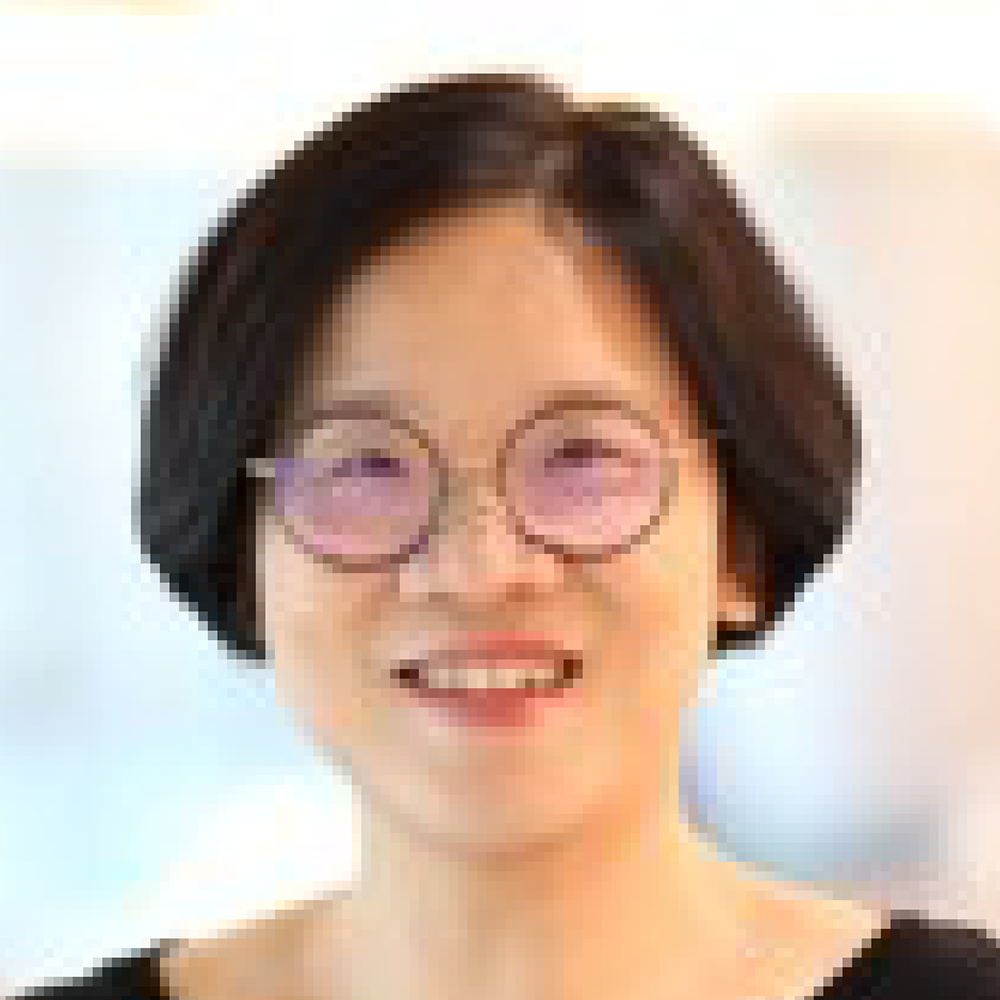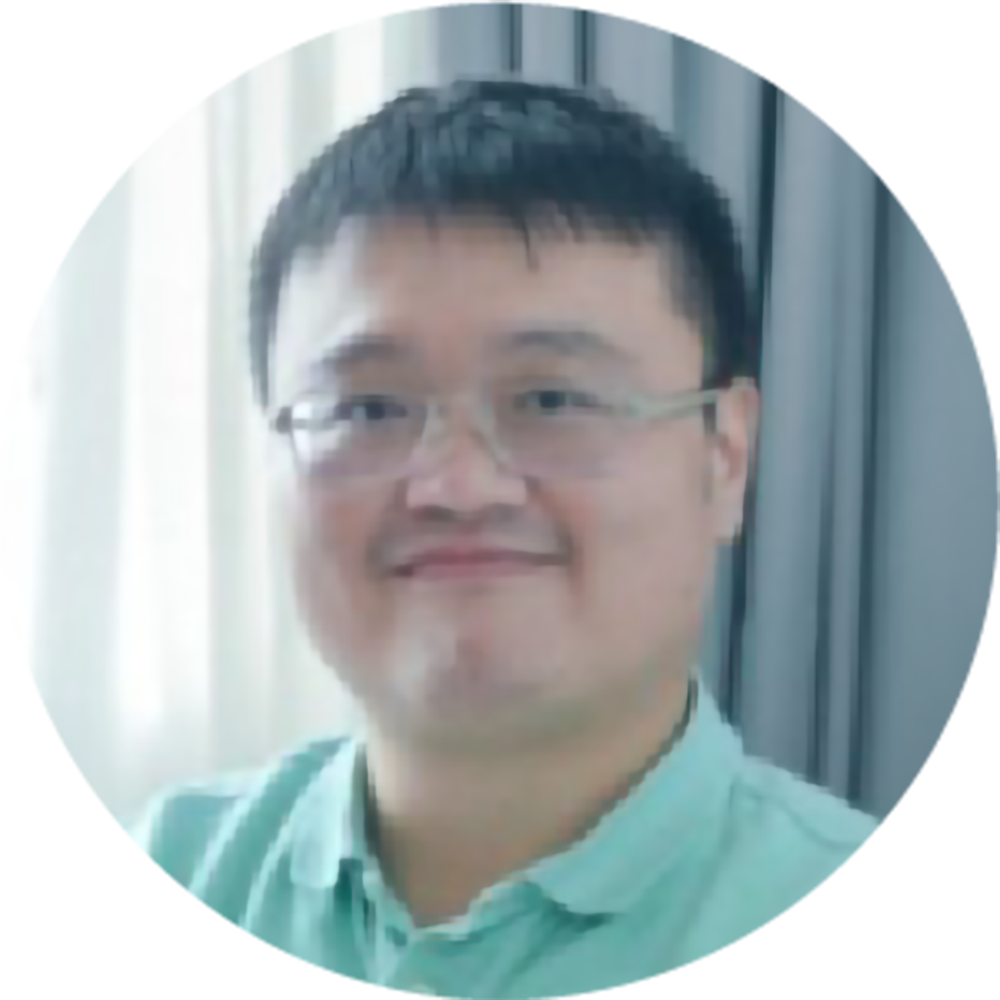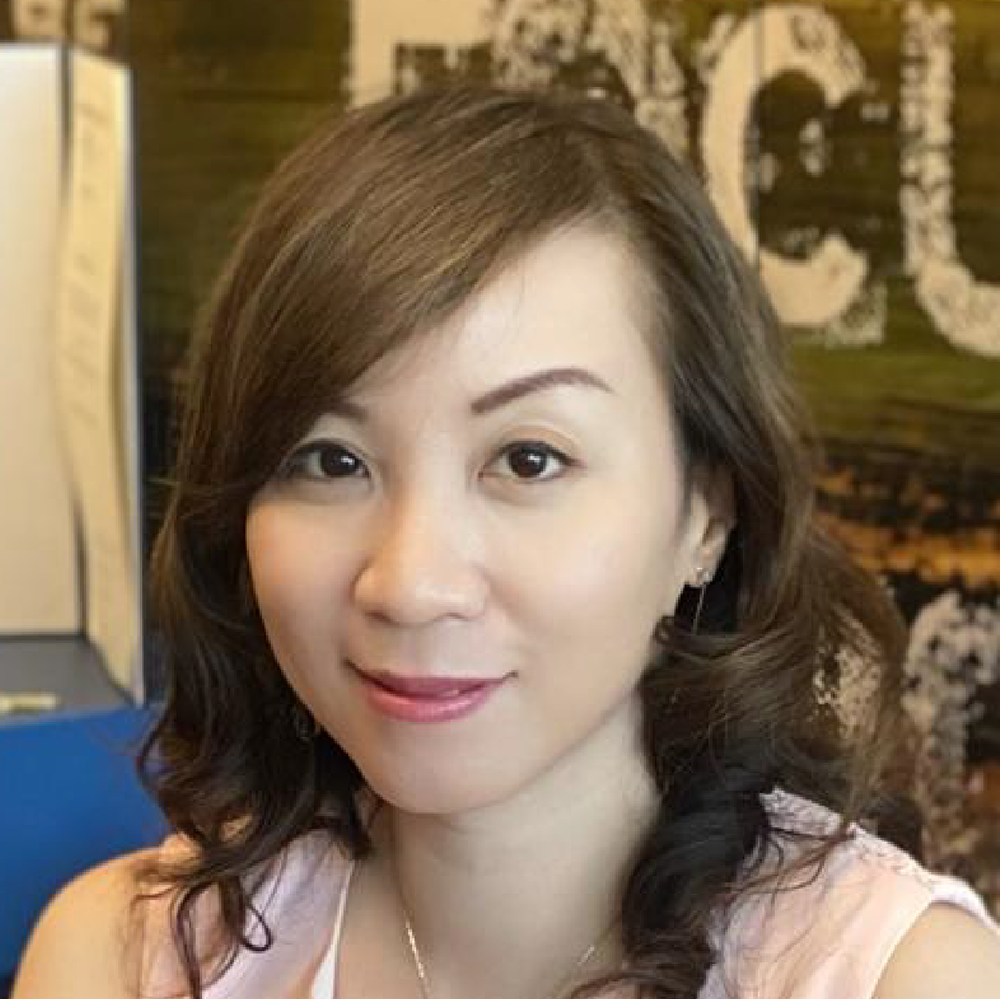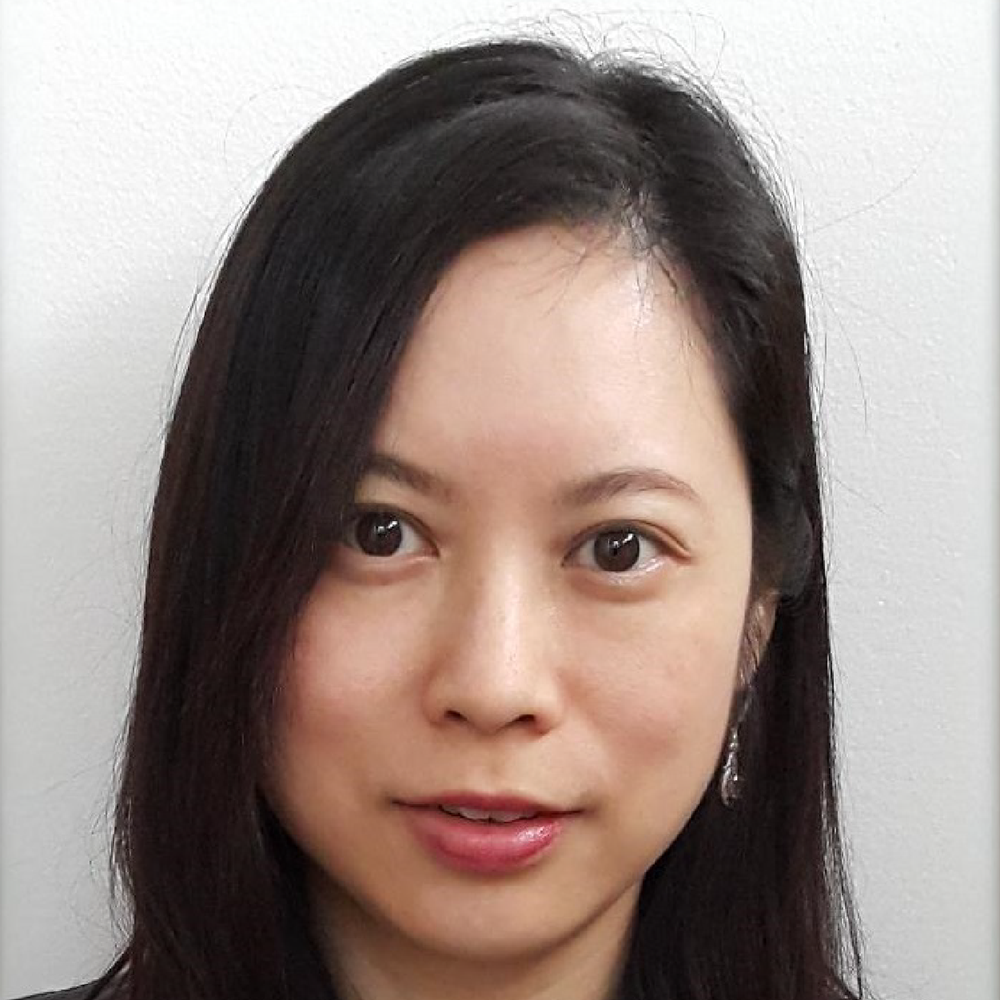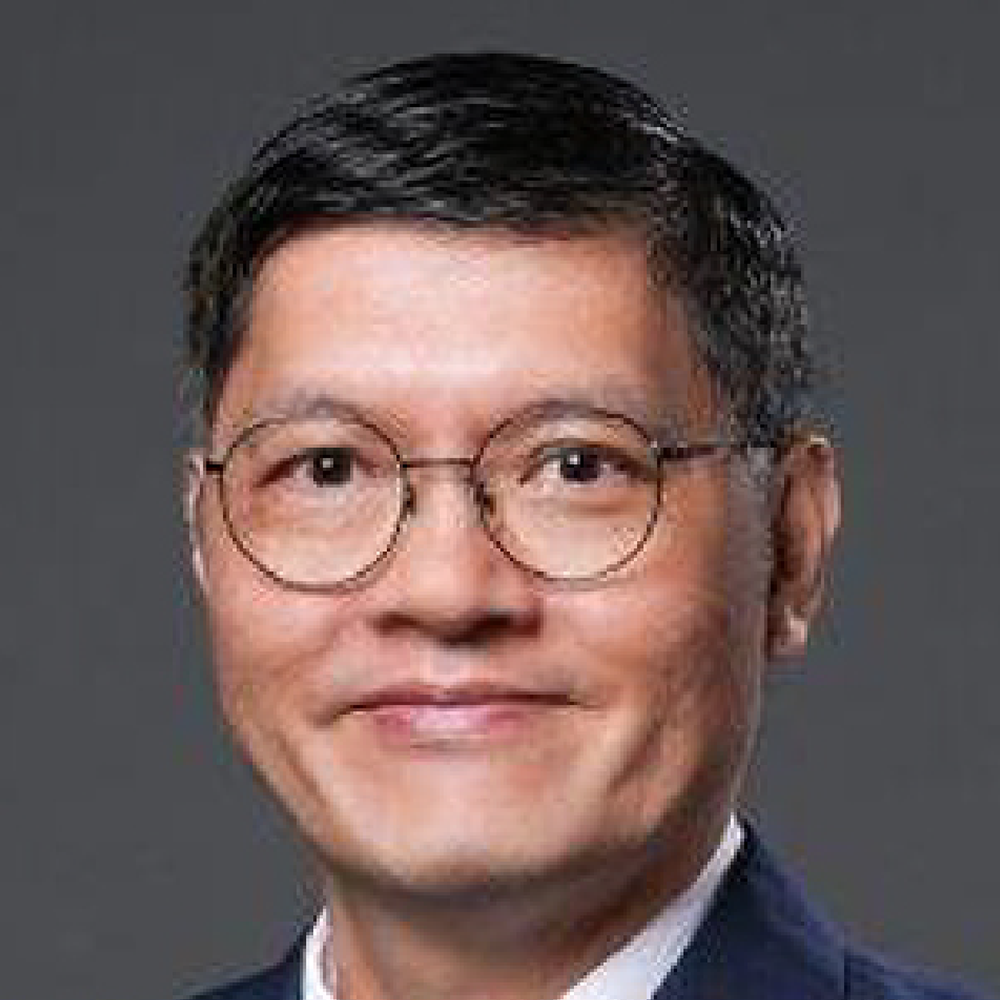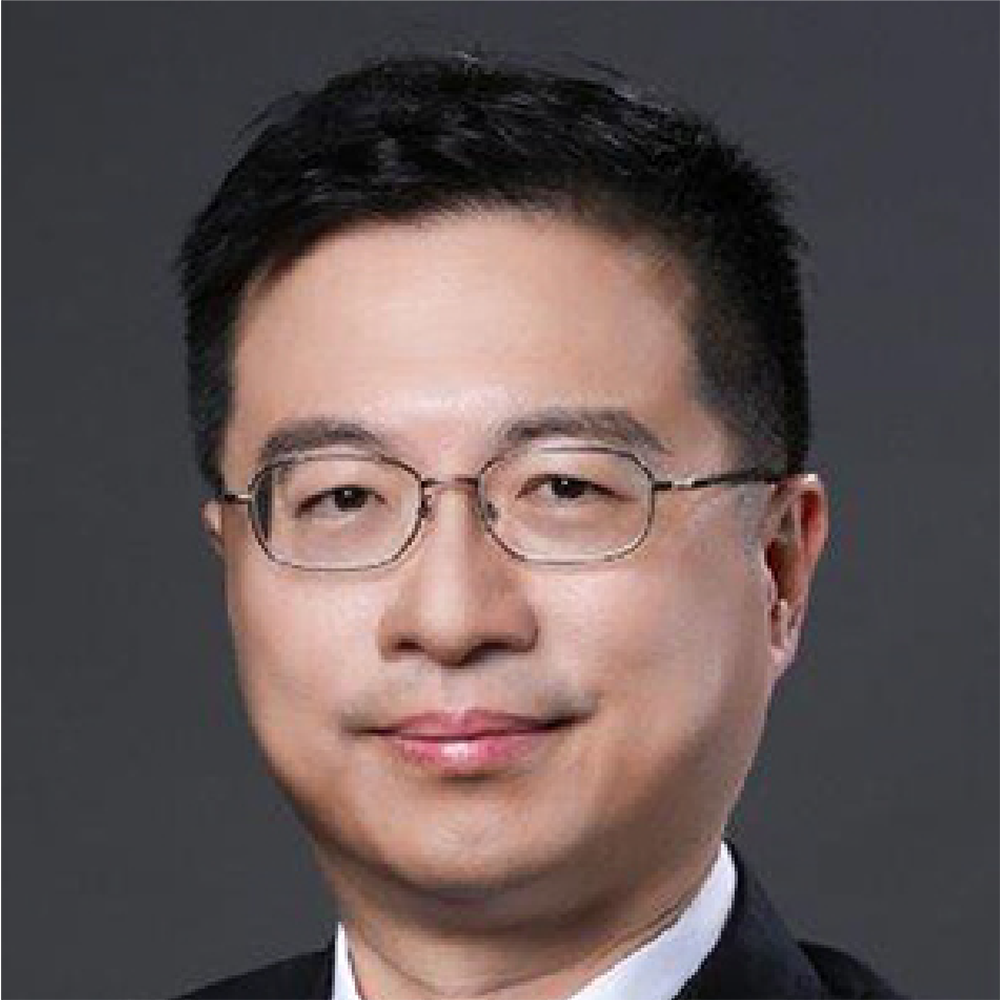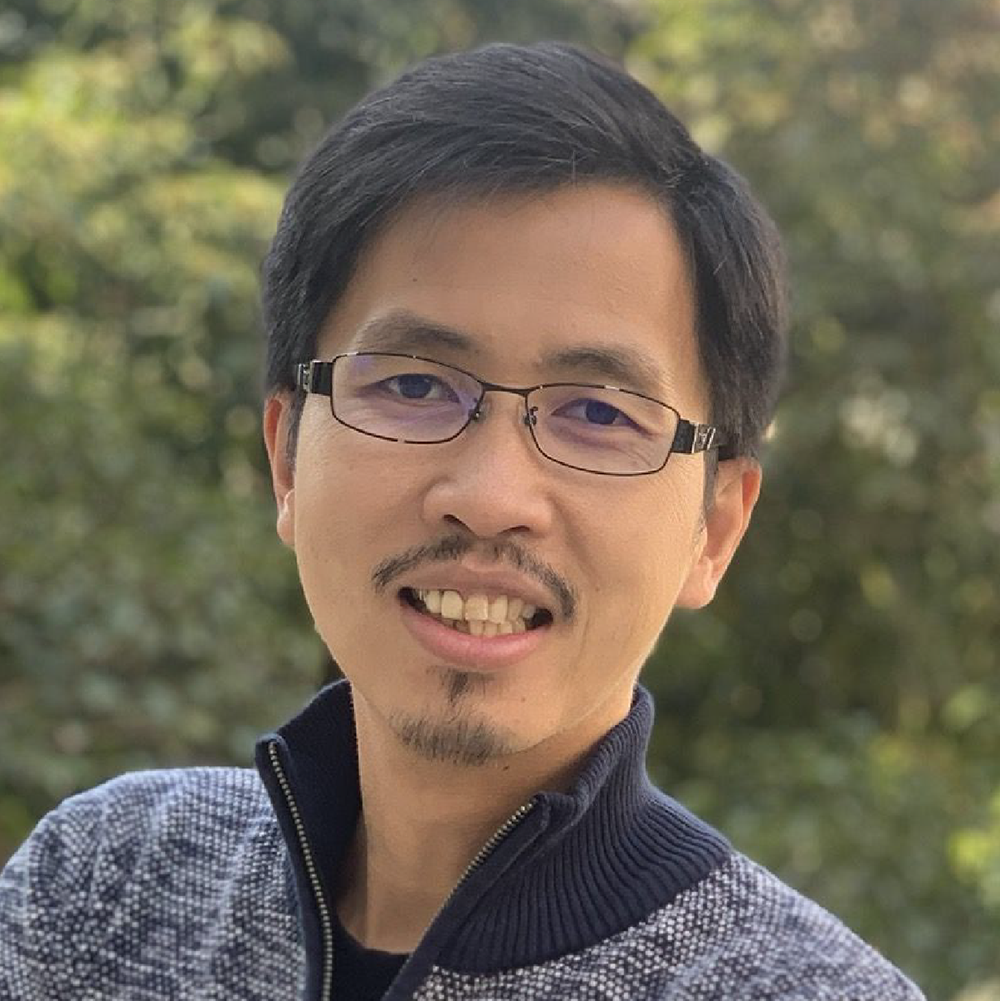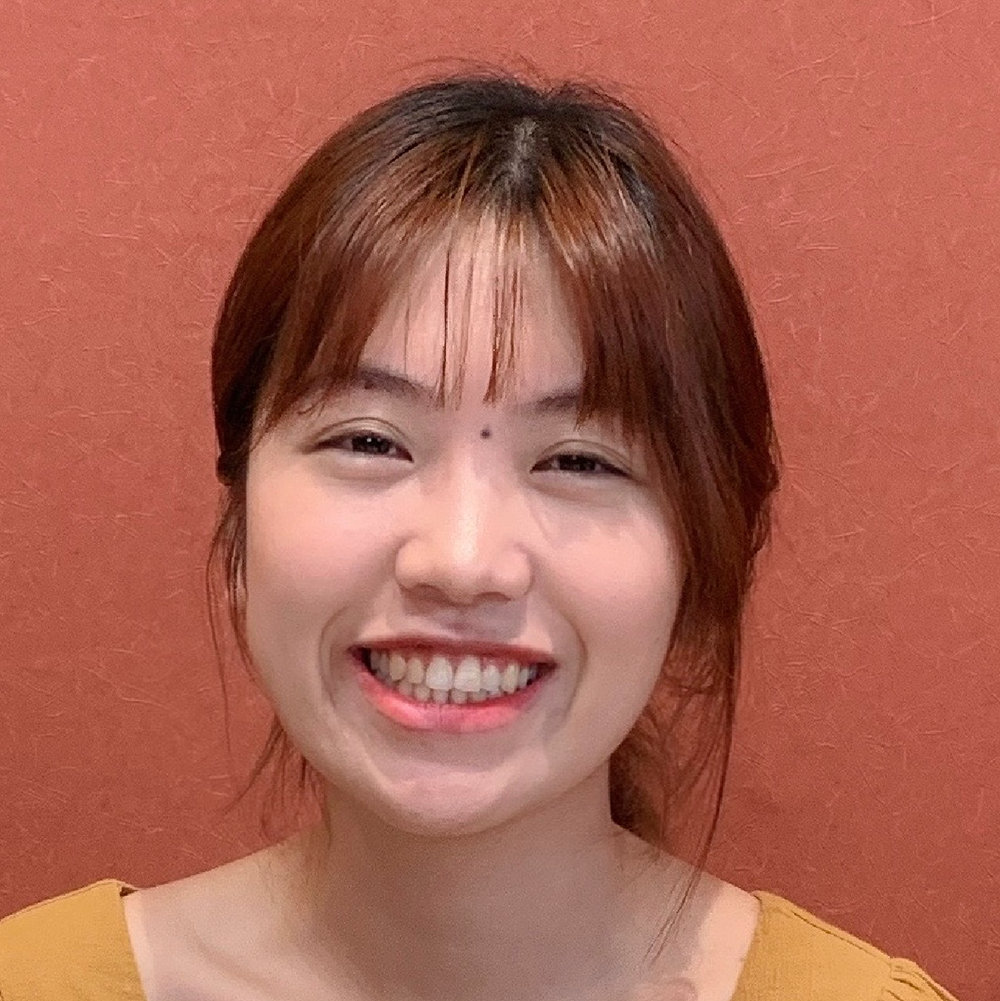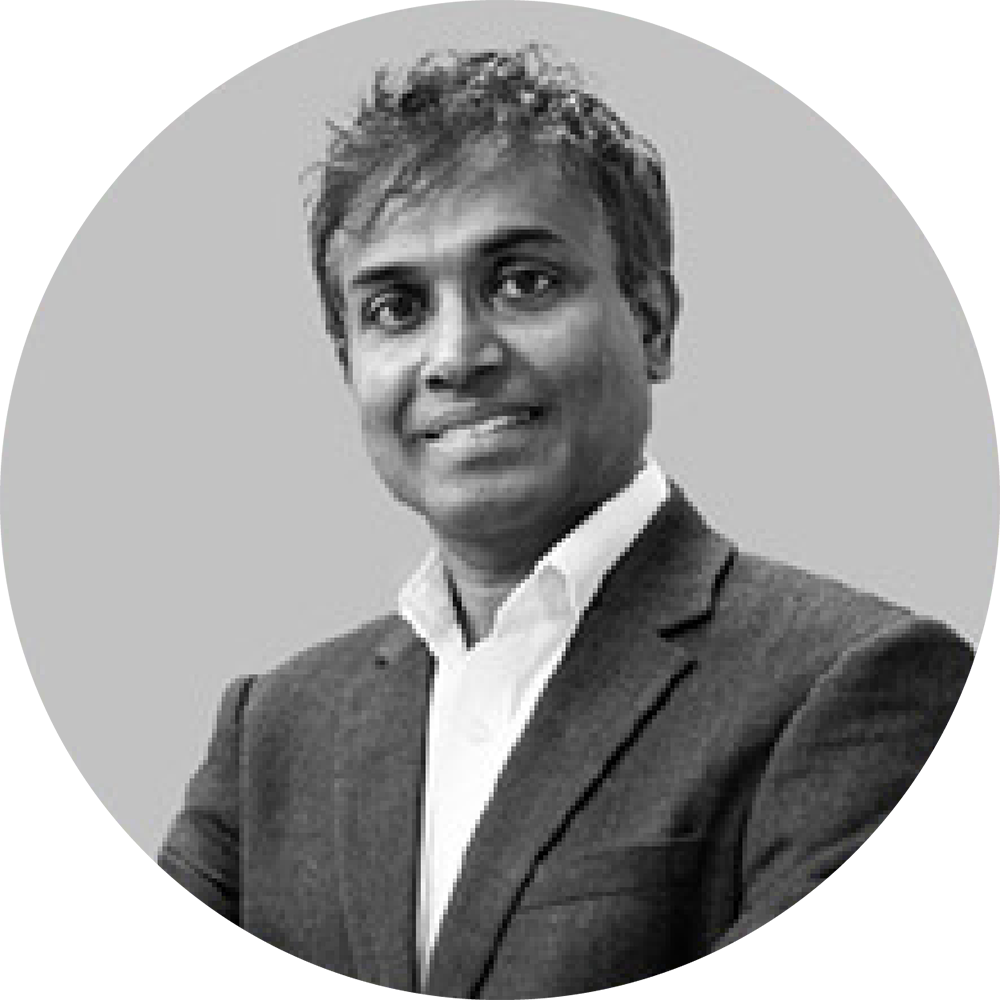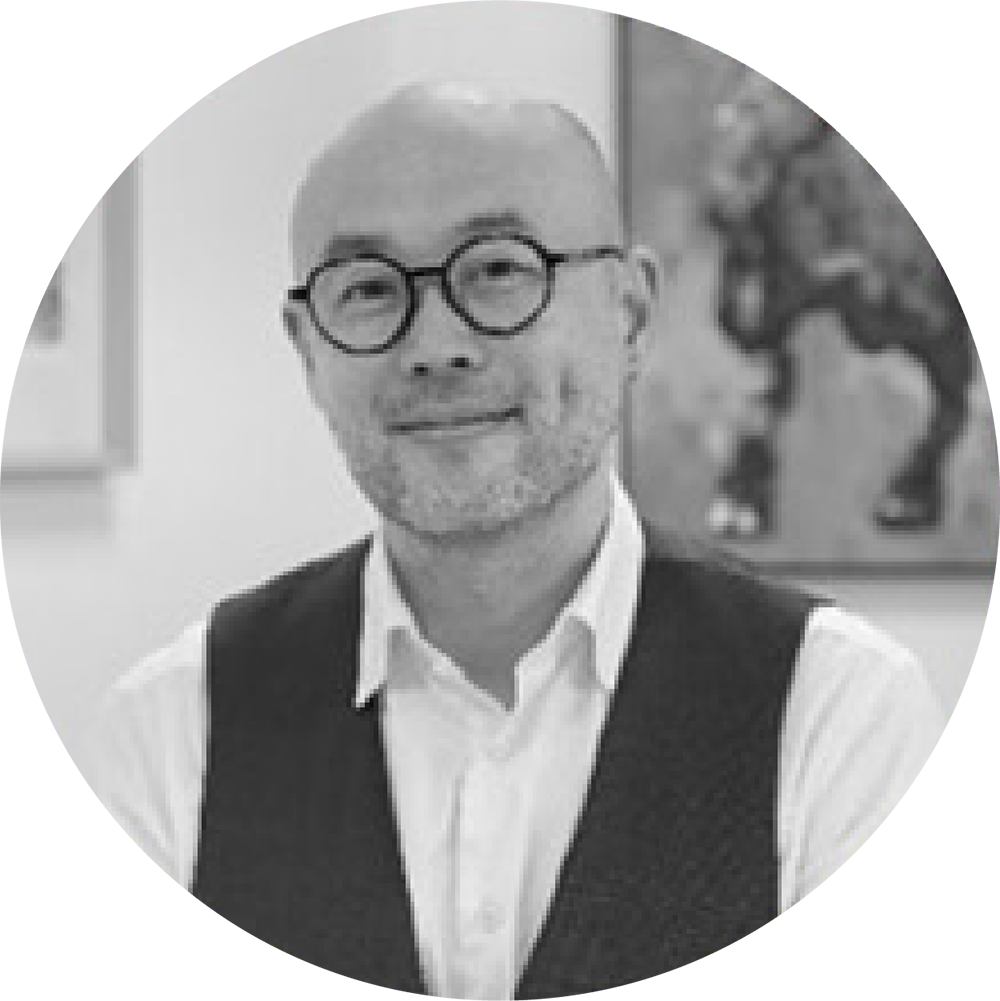Event Details
Date : 22 Sep 2025 (Monday)
Time : 12:30pm – 1:30pm
Venue: Learning Lab (RRS 321, 3/F, Run Run Shaw Building, Main Campus, HKU)
Speakers :
- Professor Mihai Tarce, Clinical Assistant Professor, Division of Periodontology and Implant Dentistry, Faculty of Dentistry, HKU
- Professor Joshua Jing Xi Li, Clinical Assistant Professor, Department of Pathology, School of Clinical Medicine, Li Ka Shing Faculty of Medicine, HKU
- Professor Andrew Nalley, Clinical Assistant Professor in Oral and Maxillofacial Radiology, Division of Applied Oral Sciences & Community Dental Care, Faculty of Dentistry, HKU
- Professor Carol Chan, Honorary Professor, Faculty of Education, HKU
Facilitator: Dr. Jessica To, Lecturer, TALIC, HKU
Abstract
Case discussion, student progress tracking and multi-disciplinary collaboration are cornerstones of undergraduate dentistry. Portfolio, a recently introduced internally developed online platform, is helping students at the Faculty of Dentistry develop and manage their case portfolios using the latest digital tools, by integrating many media formats (images, videos, 3D models, 3D radiographs, histology images and more). Furthermore, it allows for interactive case discussion, peer learning, multi-disciplinary collaboration and feedback. Yearly assessments are also being integrated into the platform, enabling tutors to have a better overview of their students’ progress. Colleagues from the Faculty of Medicine and the Faculty of Education have now also started using the platform with their students, suggesting potential use cases beyond dentistry. It currently contains over two thousand cases and 29 thousand uploaded images.
We will be introducing the platform and briefly discussing our experience so far, the core principles behind it as well as our future plans. Participants will learn about how the project has transformed discussions at our faculty and determine whether the platform may also be suited for their needs. As access to the platform is now available to all staff and students at HKU, we hope the Q&A session will allow us to better understand the needs of other colleagues who may benefit from using this project.
About the Speakers
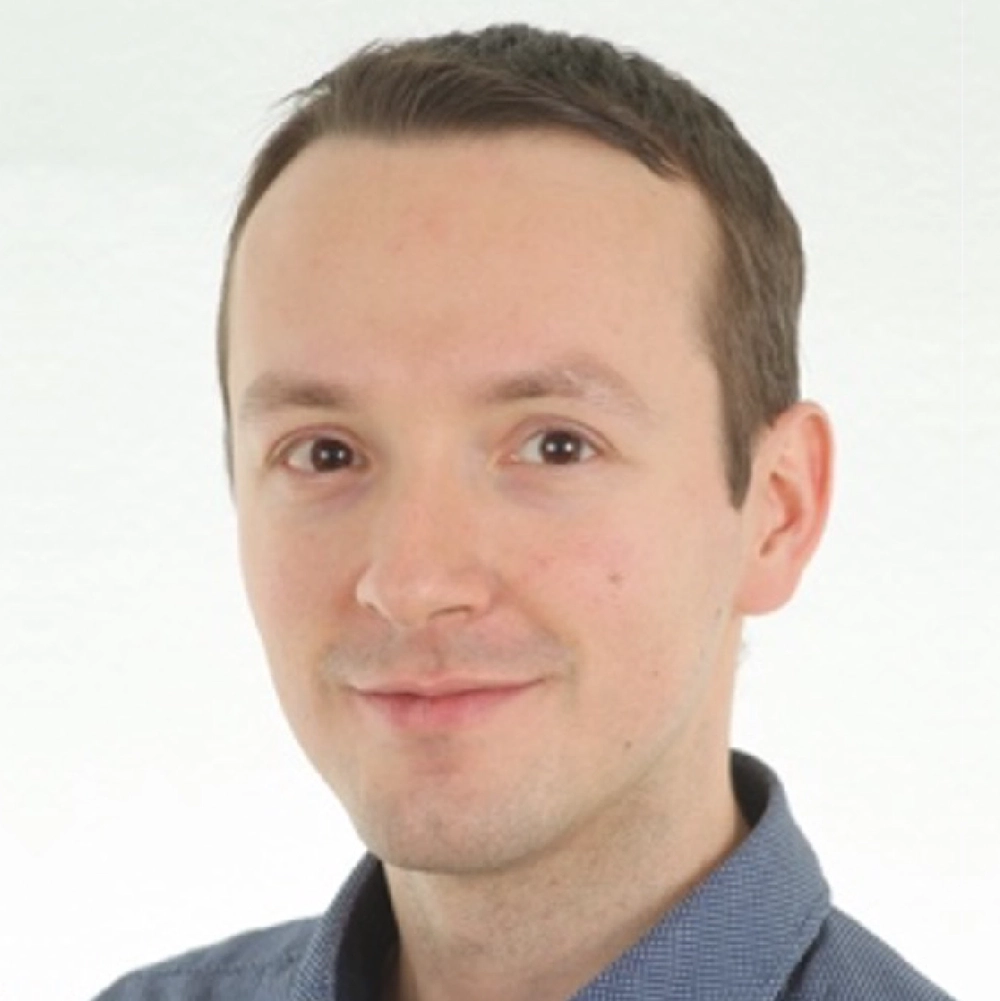
Professor Mihai Tarce is a periodontist and software engineer. He is currently a clinical assistant professor of Periodontology & Implant Dentistry at The Faculty of Dentistry. As the lead developer of the online platform, his focus is on improving the quality of case discussions by integrating the latest digital technologies and allowing students to collaborate and receive feedback from both peers and tutors.
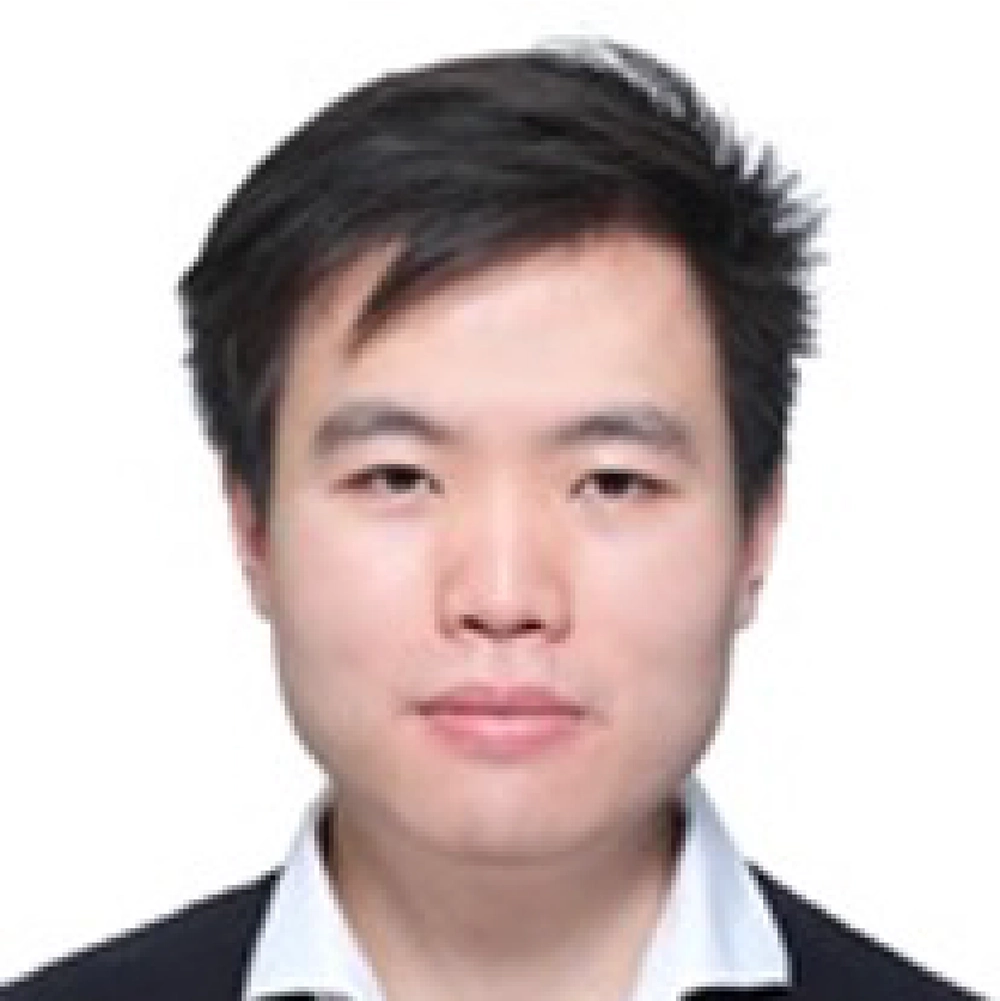
Professor Joshua Jing Xi Li is an anatomical pathologist with research interests in digital pathology and image analysis. He is an avid writer of Pathology Outlines, a web-based textbook, with a contribution of more than 10 chapters and updating, among other online textbooks. He is also a social media editor of the journal Cytopathology. He hopes to further develop his teaching with online and multimedia interactive tools, leveraging the rich image resources the domain of pathology and human diseases.
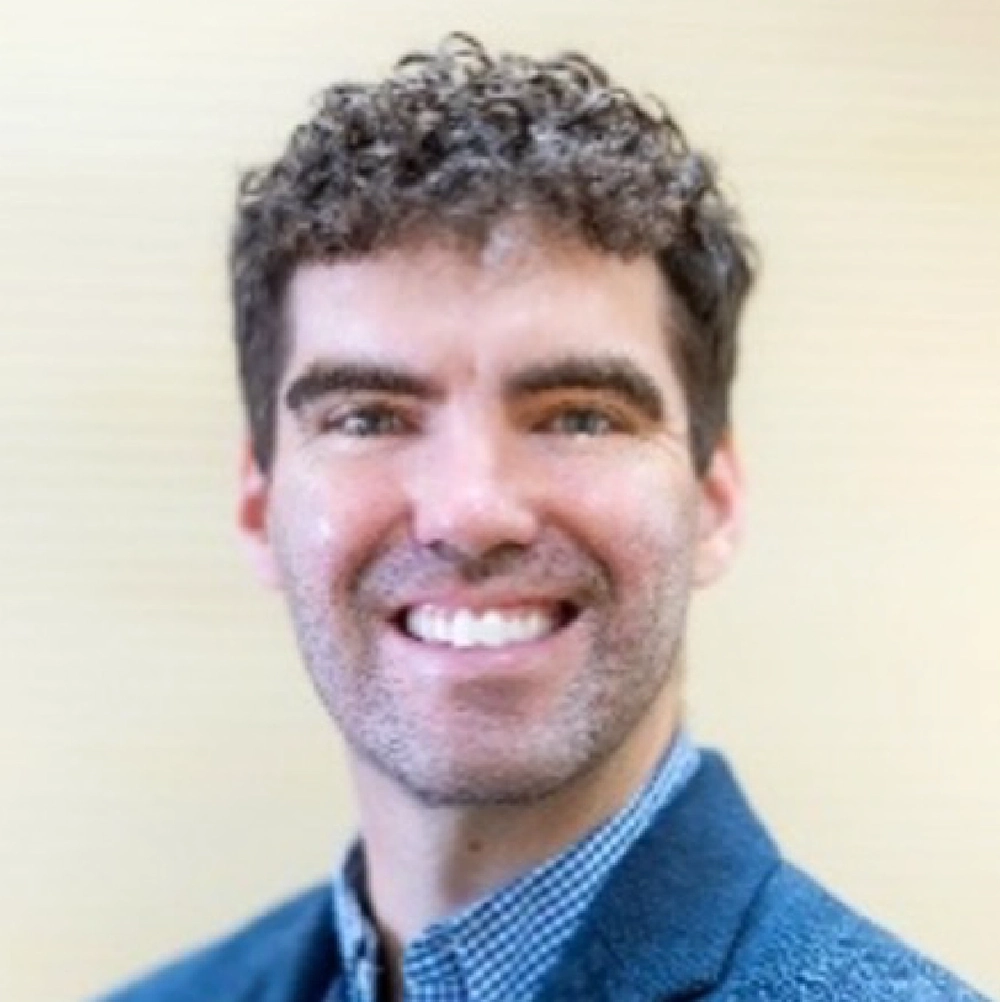
Professor Andrew Nalley is a Clinical Assistant Professor in Oral and Maxillofacial Radiology, Division of Applied Oral Sciences & Community Dental Care, Faculty of Dentistry. He is originally from Houston, Texas. He earned his Doctor of Dental Surgery degree from The University of Texas School of Dentistry at Houston in 2012. In 2017 he joined a residency training program in Oral and Maxillofacial Radiology at University of Washington, and after graduating stayed on as a Clinical Assistant Professor. He is currently working in the same role at HKU since June 2024, teaching both undergraduate and postgraduate students, with research interests in AI applications in Oral Radiology.
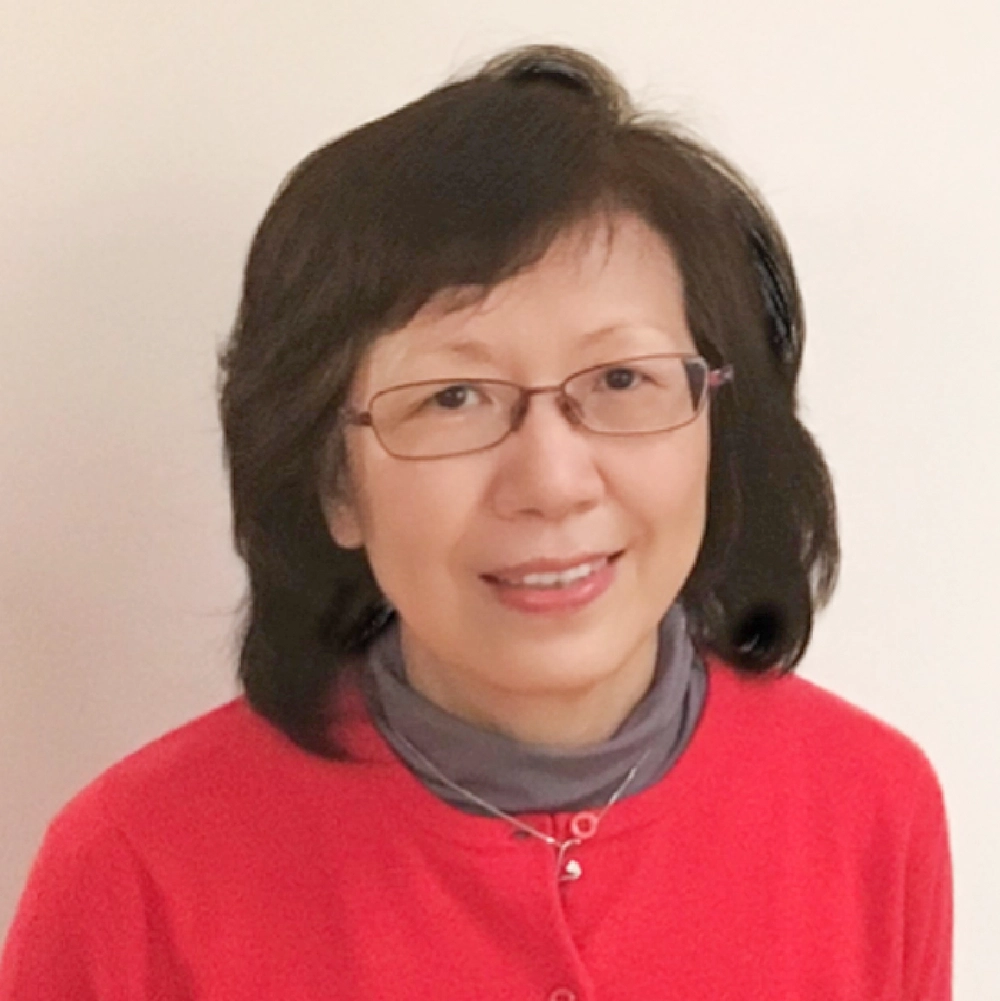
Professor Carol Chan is an Honorary Professor at the Faculty of Education and served as a Co-Convenor of the University Strategic Theme on the Science of Learning. Her research examines how people learn, focusing on facilitating students’ collaborative inquiry in technology-enhanced environments. Research-practice integration is a key theme and her work spans K-12 and higher education across disciplines and domains. She is a Fellow of the International Society of the Learning Sciences (ISLS) and recognized among the top 2% most-cited scientists by Stanford University. Additionally, she has received the University Teaching Award and the Faculty Outstanding Research Student Supervision Award.
Co-host
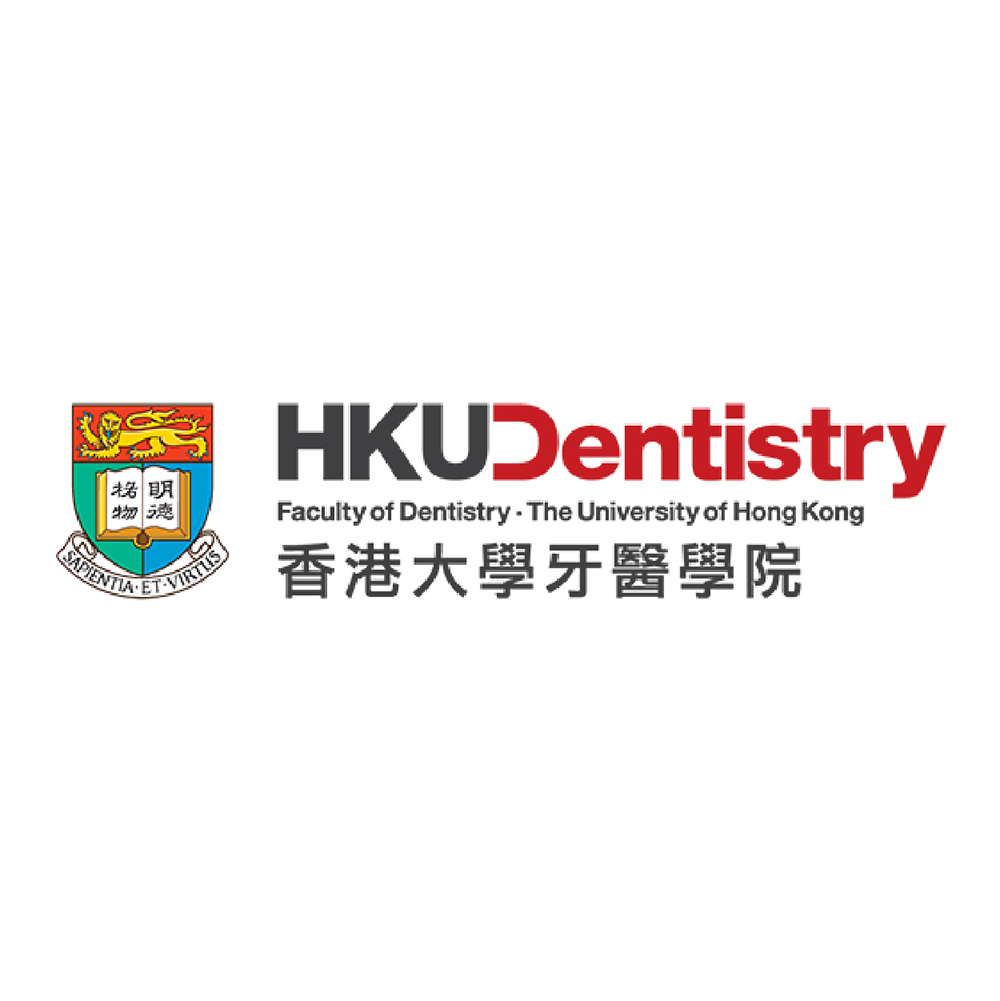
Ms. Miffy LEUNG
Teaching and Learning Innovation Centre
- 3917 8182
- miffylhy@hku.hk


